STRONGER TOGETHER
On Dec. 11, Jewish women in Greater Phoenix turned out to support abortion access


On Dec. 11, Jewish women in Greater Phoenix turned out to support abortion access

One hundred and forty Jews, Christians and Muslims will sit down together next month to discuss human dignity and how it is exemplified in the Hebrew Bible, the New Testament and the Quran for “Peoples of the Book,” the third in a series of interfaith events. This will be the first time Jews are taking part.

The first two events created by the Crosier Fathers and Brothers, a Roman Catholic religious order, and the Sema Foundation, a community service non-profit founded by Turkish Americans, were “Friends of Mary” and “Jesus: Word and Spirit of God,” and focused on theological considerations between Christians and Muslims.
Jewish partners were not included, but organizers said welcoming Jews at some point was a long-held desire.
Rabbi Debbie Stiel of Temple Solel in Paradise Valley was the first Jewish clergy member to join the group and she felt a warmth from the others right away. Each event had a different configuration of planners, so it was easy for her to enter the group on equal footing without the sense of being late to the game.
“I felt immediately there was a curiosity and an interest from them in learning more about Judaism,” she said. “It felt great to join and do some teaching — as well as some learning.”
Interfaith dialogue is often held up as a good way to engender understanding, tolerance and even friendships.
Leonard Swidler, Khalid Duran and Reuven Firestone in their 2007 book, “Trialogue: Jews, Christians, and Muslims in Dialogue,” stated its importance even more clearly:
“We human beings today face a stark choice: dialogue or death!”
Lone Soldier Project sends Chanukah greetings to lonely troops in Israel
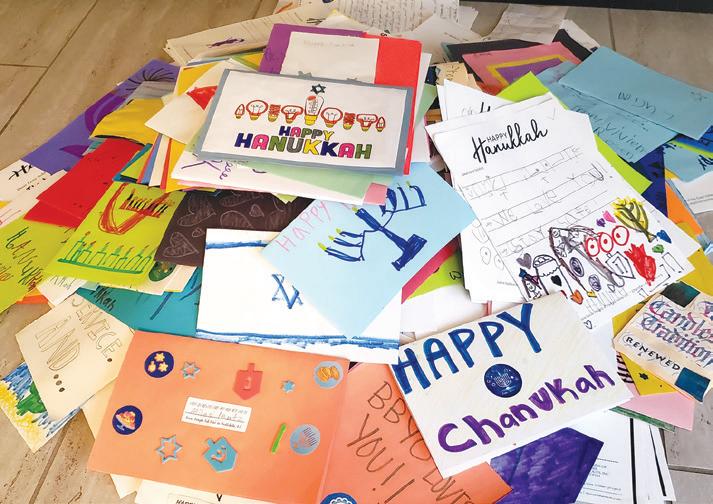
Shira Shecter knew she would only go to a college with a Hillel on campus. It was her biggest dealbreaker. She regularly attends her synagogue outside of Seattle and wouldn’t risk losing her connection to Jewish community — no matter where she ended up.
“I didn’t want to lose that bit of myself because I really enjoy being Jewish,” she said. “I didn’t want to go to college where I couldn’t do Jewish things.”
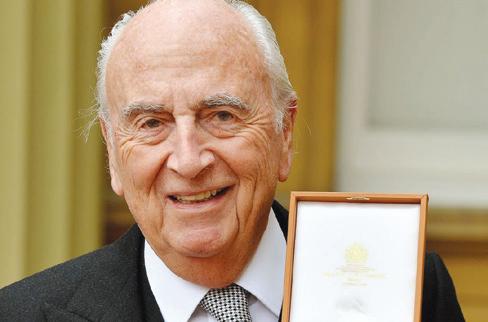
Shecter is a freshman this fall at Arizona State University, where she joined Hillel because it gave her “an immediate connection and a community to fall back on — just in case,” she said.
Starting college is already a challenge for many students, especially those moving hundreds of miles from home. Add to that the lingering COVID-19 pandemic and increased antisemitism and it’s easy to understand why a young Jew could feel the need for something familiar.
Rabbi Suzy Stone, Hillel at ASU’s senior Jewish educator and campus rabbi, has noted an uptick in students reporting a sense of isolation and loneliness since COVID. She said students are having more difficulty breaking out of their bubbles and making friends, which can lead to depression.
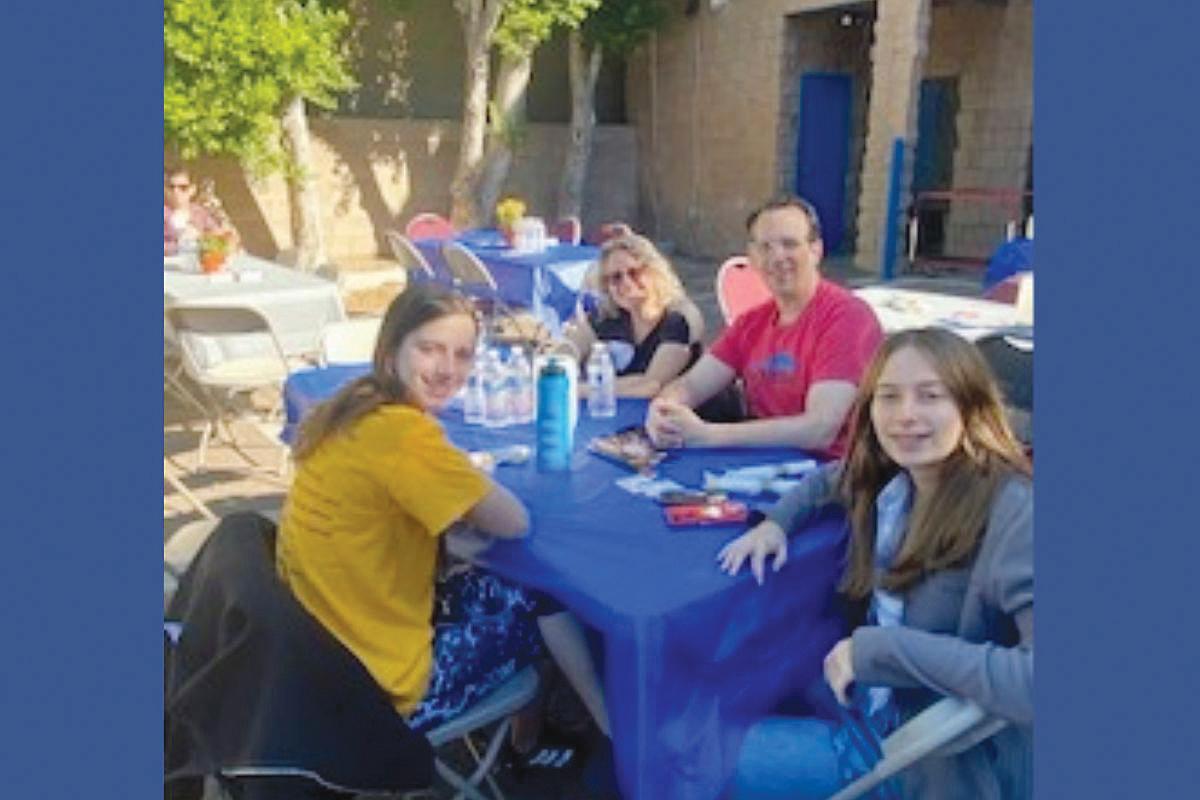

“At Hillel, we help build community first and we try to receive students authentically, as their whole person,” she said.
children between the ages of 3 and 17 were experiencing mental, emotional, developmental and behavioral disorders, and some 17% of high schoolers reported seriously considering suicide, according to the U.S. Department of Health and Human Services.

Then COVID-19 arrived, exacerbating the problem with lockdowns, school shutdowns, peer isolation and, for some, the loss of a loved one, precipitating what U.S. Surgeon General Vivek Murthy described as a “youth mental health crisis.” Stone is familiar with the research.
“I am concerned about the general state of mental health of
PAGE 3
However, pulling off a meaningful interfaith dialogue event is challenging and can take long periods of detailed planning. Indeed, for this particular series, every event required several months of meetings.
But it was sparked by a simple desire to make a connection.
In the summer of 2019, Crosier Rev. Bob Rossi shared the iftar, the meal Muslims eat after sunset during Ramadan, at Sema’s community center in Chandler. During dinner, Rossi recognized a need for some kind of formal interfaith dialogue between Catholics and Muslims.
Rossi approached Mustafa Bahar, consultant, Sema member and Arizona Faith Network board member, with an idea.
“I told him, ‘You don’t know me, I don’t know you and we don’t know each other’s religious convictions but I think we should have a dialogue between Christians and Muslims and do it around Mary,’” Rossi told Jewish News.
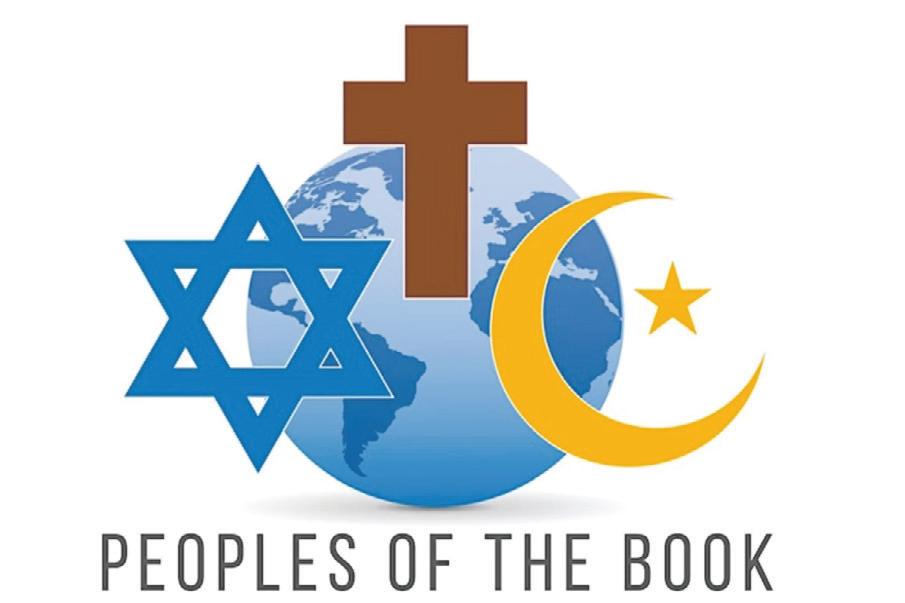
The two agreed that an event focused on the New Testament figure of Mary, the mother of Jesus, would be a good place to start since she is an important figure in both Catholic and Muslim theology, though not for the
The event planners began establishing ground rules immediately, the first being there would be no proselytizing. Dialogue is about understanding one another’s beliefs rather than promoting one’s own.
Bahar also emphasized the need to get to know people as whole, complex individuals. People coming to such events will probably not come away with a detailed analysis of another’s faith and religious history. Still, if they can recognize someone from a different religion as a person with similar hopes and fears for their children and themselves, even with similar likes and dislikes, that is a success.
Five Muslims and five Catholics worked for six months to create “Friends of Mary” in February 2020 and along the way the organizers, at least, found themselves becoming friends.
The experience was wonderful, Rossi said. “It was so good for everybody and people were open to more.”
Bahar described it as “an inspirational program.” After witnessing the evolution of interfaith dialogues over the last few years, he is a realist of what can be accomplished, especially given that many organizations approach interfaith work exclusively as a way to build bridges between different religious communities.
That’s a laudable goal but what happens after is also consequential.
“It is very rare to see those interactions morph into longtime friendships,” Bahar said.
Interfaith work should “begin with listening, move on to feedback rather than generalizing and conclude with a commitment to meet again rather than merely wishing other participants good luck in their future endeavors,” he said. It should result in more than thoughtful people “simply spending a few hours with kindhearted individuals.”
Stiel agreed that establishing lasting relationships is important but noted that even an event that is just a one-off is worthwhile in that it can change some people’s misperceptions.
“Just showing goodwill is worth a lot,” she said.
Crosier Rev. Virgil Petermeier moved to Phoenix from Minnesota on the heels of the first interfaith event and quickly became an organizer for the second.
A pitfall of interfaith dialogue can be a fear of watering down one’s beliefs to avoid conflict and emphasize commonalities.
“We pronounced rather emphatically that while we look at our similarities we are not going to hide our differences either,” said Petermeier.
In Stiel’s experience with interfaith dialogue, people are honestly interested about other faiths. They can be committed to their own faith and still see a net gain from learning about others.
“It is beneficial for our world to develop bonds between peoples of different faiths,” she said. “We can accomplish things together — we share common concerns and interests.”
Because of COVID-19, the second event was held online in February 2021, but that did not detract from forming good relationships among the organizers, Petermeier said.
Over many months of preparation, there was much faith sharing, he said. People talked openly about their thoughts on Jesus and asked questions reflective of their interest so that it became a time of “mutual learning” for all involved.
“That was precious as far as both sides were concerned,” he said.
Rossi also found he was able to develop meaningful relationships, especially because he could meet Muslim families in their homes. The country has been awash in ugly and negative stereotypes of Muslims for a long time. Getting to know people, especially religious women Muslims, on their own terms was revelatory for him.
“They aren’t just pictures of distant people on TV anymore,” he said.
After the second event, the planning group
January 7
January 21
February 4
February 18
March 4
March 18
March 25
April 1
April 8
May 6
May 20
June 10
July 8
July 29
August 5
August 19*
September 9
September 16
September 23
October 7
October 21
October 28
October 31**
November 4
November 18
December 2
December 16
OFFICE HOURS
8 a.m.-5 p.m. Monday-Thursday 8 a.m.-12:30 p.m. Friday
12701 N. Scottsdale Road, Suite 201, Scottsdale, AZ 85254 Phone: 602.870.9470 | Fax: 602.870.0426 | editor@jewishaz.com | advertising@jewishaz.com subscriptions@jewishaz.com | www.jewishaz.com
PUBLISHER Jewish Community Foundation of Greater Phoenix
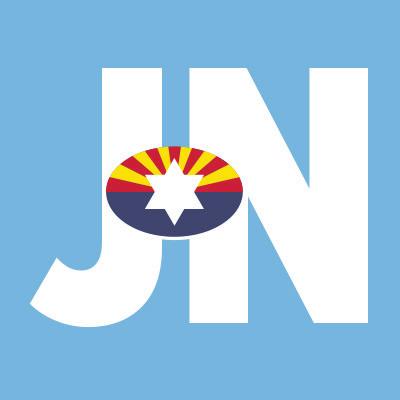

GENERAL MANAGER Rich Solomon | 602.639.5861 rsolomon@jewishaz.com
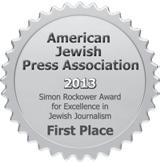

MANAGING EDITOR
Mala Blomquist | 602.639.5855 mblomquist@jewishaz.com
STAFF WRITER
Shannon Levitt | 602.639.5854 slevitt@jewishaz.com
ADVERTISING SALES CONSULTANT

Jodi Lipson | 602.639.5866 jlipson@jewishaz.com
SUBSCRIPTIONS 602.870.9470 x 1 subscriptions@jewishaz.com
GRAPHIC DESIGNER
Ebony Brown | 410.902.2333 ads_phoenixjn@midatlanticmedia.com
DEADLINES
EDITORIAL: Noon, Tuesday 9 days prior to publication
ADVERTISING: 11 a.m., Friday 3 days prior to publication
Jaime Roberts, Publisher | 2013-2016
Florence Newmark Eckstein, Publisher | 1981-2013
Cecil Newmark, Publisher | 1961-1981
Pearl Newmark, Editor | 1961-1981
M.B. Goldman, Jr., Founder | 1948-1961
PROUD MEMBER OF
Gen Z,” she told Jewish News. This generation lived through 2008’s Great Recession and “have lived with a lot of stress at home around economic issues,” she said.
They also grew up in a different culture, one of mass shootings and pervasive social media with all its attendant negative effects.
“Now they’ve also lived through a global pandemic,” she said. “They’re in a unique situation, coming of age at a time of so much uncertainty.”

Debbie Yunker Kail, Hillel at ASU’s executive director, noted that ASU’s students line up well with the national data showing an increase in mental health challenges among college students.
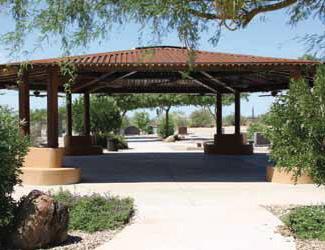
“Hillel is ensuring all our interactions with students are intended to show that we care about the whole person,” she said.
Yunker Kail said that while nothing is definite, she’s looking to partner with other like-minded groups to improve the situation for students, and Hillel is not alone among Jewish organizations addressing the issue.
The Jewish Federations of North America, the umbrella organization for 146 independent Jewish federations, has spearheaded a wellness initiative called BeWell to equip people with tools, resources and training to support the mental health and overall well being of teens and young adults.
While there are ample national statistics on teen mental health, little is known about how the mental health of Jewish teens compares to the U.S. average. BeWell is planning a research project later this year to see how teen mental health issues manifest themselves in the Jewish community.
When that data is available, it might help Hillel and others in the work they’re already doing.
Currently, Hillel has a variety of ways to support students. One of the most popular is offering free food and meals.
Shecter appreciates that bit of comfort. Mondays mean the Shmear Society, where she grabs a couple of bagels, one she eats immediately and one she saves for later — and
sometimes one for breakfast the next morning.
“If I can, I take extra because I’m on a meal plan but it’s not unlimited,” she said.
About half of her friends on campus are Hillel members. Still, as much as she enjoys her time at Hillel, she regrets not being able to attend many of the Monday, Wednesday and Friday late afternoon events because they conflict with her color guard practice.
Whenever a Hillel pop-up event happens that doesn’t conflict with her busy schedule, she tries to be there.
“Just being able to talk to people and de-stress is really helpful for me,” she said. “I can do the homework on my own. I just need time to not have to sit in my room staring at all of my assignments.”
Her parents, Kindra and Marc Shecter, appreciate Hillel’s effort.
“Hillel was definitely one of the top factors for me because I was worried about her mental health,” Kindra said, adding that she looked to Hillel to provide a safe place in a university big enough to be overwhelming. “I was worried about her getting homesick or feeling anxious or depressed.”
Yunker Kail said another of Hillel’s goals is to make it as easy as possible to connect students to their own Jewish tradition, something the Shecters appreciate.
“Shira being able to do some of the same traditions that she had done her whole life and talking to people who also light candles on Friday night would make her feel less homesick. It would just feel like a little part of home,” Kindra said.
Max and Sam Bregman from Chandler are closer to home than Shira but they, too, find comfort at Hillel.
Max, a junior, was still in high school when COVID hit and he spent his first year at ASU at home, taking classes remotely.

He is an extrovert, however, so it wasn’t long before he struck on a bit of a workaround. He called his friends at University of Arizona and asked to talk to their roommates so he could talk to new people.
Hillel helped too. He participated in Zoom calls and joined Hillel’s student board.
“Hillel is good at including people. I’ve even had non-Jewish friends come and feel
welcomed,” he said.
Now, with no restrictions, events are more crowded and better in his view. On Zoom, only around 30 people or so would show up but 100 come in person.
“Online, you can talk to people but now, in the same room, everyone is throwing ideas around,” he said.
His brother Sam, a freshman, wasn’t that interested in being part of the Jewish community on campus. He had a bar mitzvah and went to Sunday school at Temple Emanuel of Tempe but he expected other things to take up his time once he got to college.
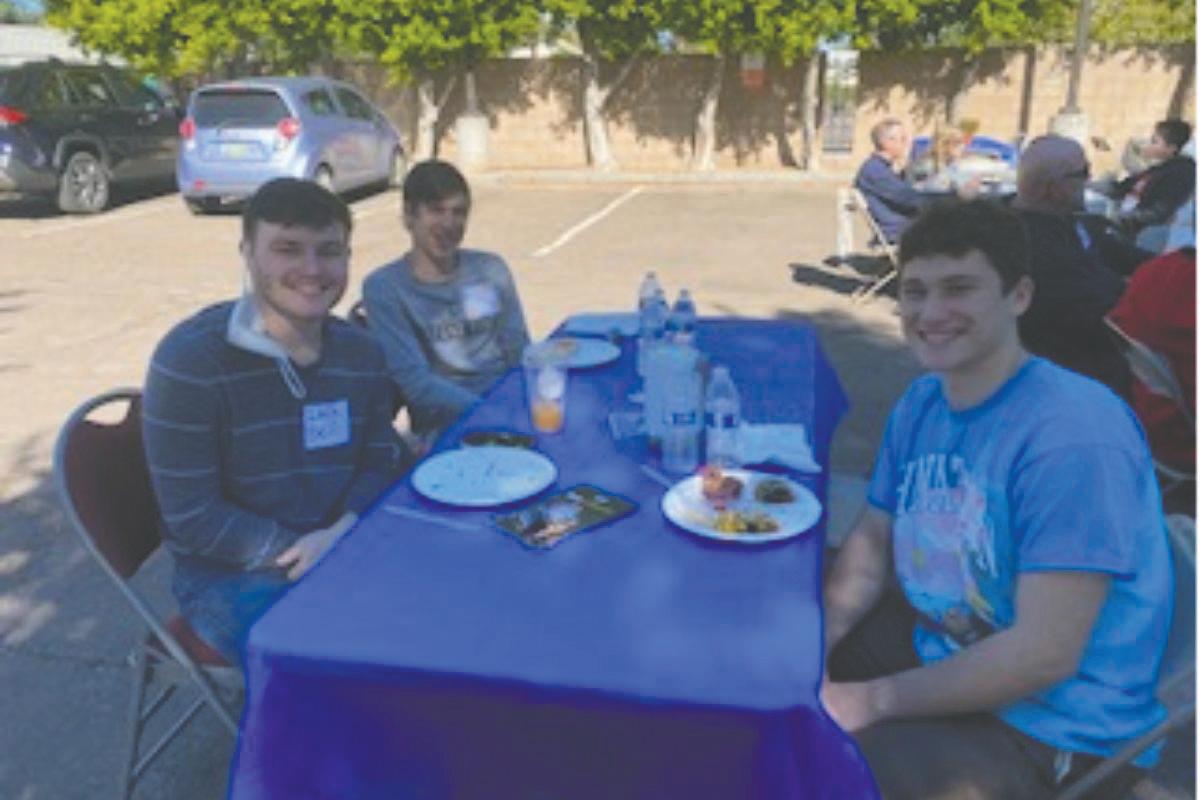
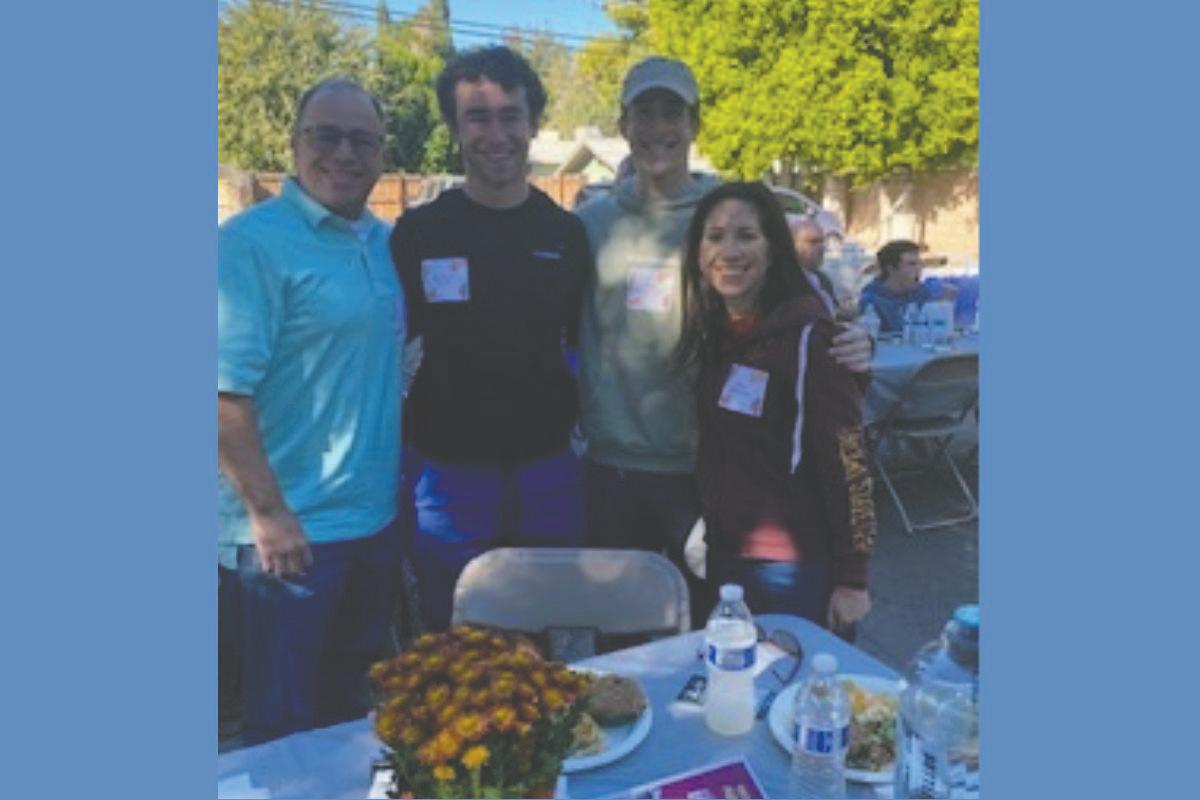
Seeing his brother DJ for Hillel events last year, however, changed his mind. He’s also watched some of his friends struggle to find a friend group and adjust to a post-COVID life.
Hillel has a “family feeling. You don’t experience that in other places on campus,” he said.
Their mom, Elisha Bregman, is very glad both of her sons are involved in Hillel. “They’ve found their niche,” she said.
Steve Bregman, their father, is aware of the research on mental health and young people.
“It’s a stressful time for young adults going to college and learning to be independent and ASU and Hillel have been wonderful in helping with stress management. If the students are willing to take advantage of what they offer, that’s great.”
Since joining Hillel, Sam’s interest in Judaism was reignited, too.
“Now, I’m excited to learn more about my faith and my ancestors and it’s really cool that Hillel gives us the opportunity to immerse ourselves in that space,” he said.
Abe Mogelson, a freshman, is from Minnesota thus; “ASU is foreign territory, but it’s an adventure,” he said.
“Hillel gives me something to look forward to, and it’s a close-knit community with people I can relate to,” he said. In high school, he was more interested in sports but said he’s “getting back to my religious roots” since joining Hillel.
He agreed that Hillel’s staff is supportive.
“Rabbi Stone does a good job letting us know she’s here to help and she’s a good
Holocaust Fraud in Lithuania
Presenter: Grant Gochin
Sunday, January 15, 2023 |
Busy in Brooklyn
Presenter: Chanie Apfelbaum
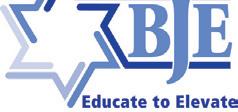
Sunday, January 22, 2023 | 2:00PM
INTERFAITH EVENT CONTINUED FROM PAGE 2
quickly thought about a third. Rossi suggested something based on scripture. Somewhat fortuitously, a friend of Bohar’s was in town to give a lecture about Jews, Christians and Muslims called “People of the Book.”
The interfaith planners jumped on the title and through their association with Valley Interfaith Project, they reached out to Stiel, who then invited Temple Chai of Phoenix Rabbi Bonnie Koppell to join.

Sitting at the table with two women rabbis was “a blessed moment,” Petermeier said. A door to another religion was opened to him when he was invited into Temple Chai’s sanctuary.
He had been to a synagogue as a seminary student in Chicago, but he considers his visit to Temple Chai his first real introduction to a sanctuary and the first time he saw a Torah up close.
Planning the January event has taken nine months and Petermeier said his goal is more understanding and a deeper acquaintance with his Jewish partners. His hope is that understanding can lead to greater respect.

“Respect and understanding is what we are so in need of in our world today,” he said.
Temple Solel member Helene Weitzenkorn is on the communications committee for the event and has interfaith experience from her days in Boston with Daughters of Abraham, an interfaith book group started after 9/11.
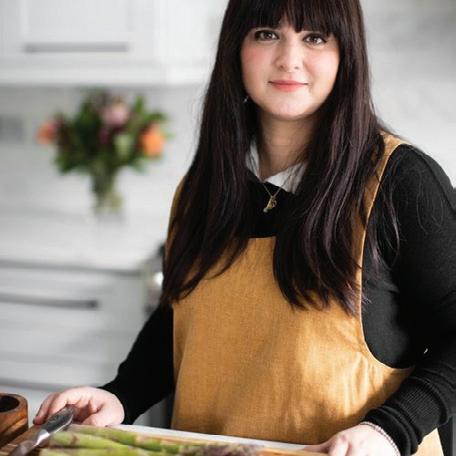
She was happy to join the “Peoples of the Book” event because she prioritizes meeting people with different backgrounds and perspectives.
“Everybody is looking for that connection with other people and to get to know other cultures and religions. It expands your horizons,” she said.
Rossi has a grander and more universal goal of unity, because he believes that’s what God
HILLEL AT
CONTINUED FROM PAGE 3
mentor. I have had friends who have turned to her. If I had a friend who needed help, I’d call her,” he said.

Zachary Bell, a senior and Hillel’s student president, said Stone makes a point of talking one-on-one with students to understand what they’re dealing with and is a great resource for students.
He joined Hillel when COVID hit. He picked up the care packages Hillel delivered to students on campus and did the Zoom calls “when things were a little bit lonely and I was looking for that sense of community that I wasn’t really able to get because I wasn’t able to be on campus with all my friends,” he said.
Last year, as people came back to class in person, he heard his classmates talk about their anxiety, trying to “adjust to the college thing.”
He appreciates that Stone, and Hillel as a whole, emphasize self-care and getting students together “just to take a break from all the pressures of day-to-day life.”
Aaron Greenfield, a senior who is part of Hillel’s Jewish Life team, said Hillel’s Zoom
seeks, but politics and history remain a barrier.
Jews, Muslims and Christians have been living cheek by jowl in countries around the world for centuries. That’s led to considerable strife, even war, fueled by religious differences, and Rossi said that sometimes people don’t even remember why they’re fighting.
Rossi hopes that people bring a willingness to sit and talk — even though it takes both patience and time.
“Whenever there’s an effort I think God is right there. It’s so good for brothers to be together and all things are possible,” he said.
The “Peoples of the Book” program on Jan. 8 will have explanatory presentations from the Jewish, Christian and Muslim perspectives, discussion with a trained facilitator assigned to groups of nine people and a time for prayer and celebration.
“There are things we do have in common,” said Alan Zeichick, Temple Chai and communications committee member. “The goal is to leave with more understanding and appreciation for our fellow peoples of the book.”
Snacks will be provided. After all, Stiel laughed, “we wouldn’t ask people to go four hours without food.”


As for what comes next, Stiel and one of her Muslim counterpoints already have plans to bring together members of their communities in the months following January’s event, and Rossi has pitched the idea of a fourth meeting centered around the figure of Abraham.
“I’m very interested in having people talk to each other. Presentations are good but when people talk it can be great. Just let people talk — once they get going they don’t want to stop,” Rossi said. JN
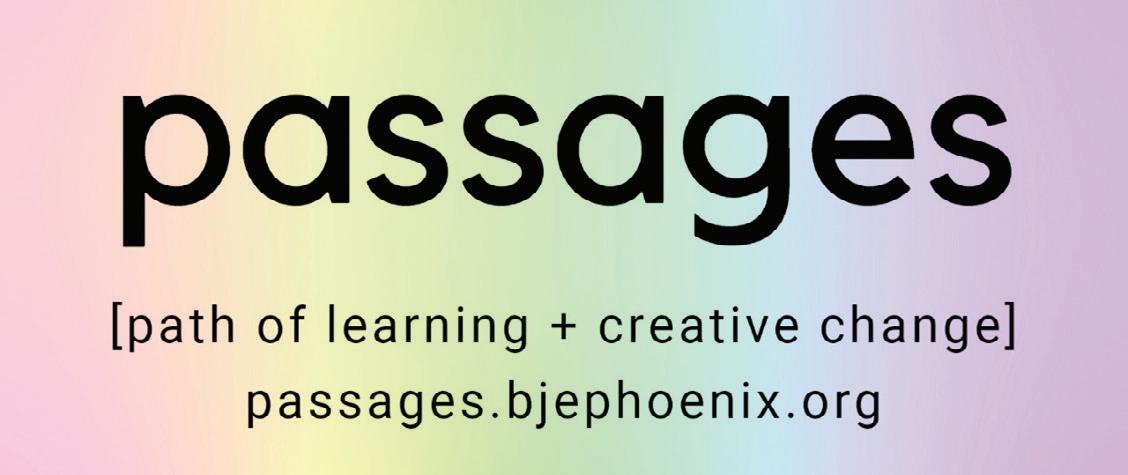
“Peoples of the Book” takes place on Sunday, Jan. 8, 1-5 p.m. at the Diocesan Pastoral Center at 400 E. Monroe St. in Phoenix. To register, go to eventbrite.com/e/ peoples-of-the-book-interfaith-dialogue-tickets.
services helped him when the pandemic hit. In his view, Hillel does a good job of reaching out and checking in on people.
“Even if it’s just to see how they’re doing and if they need any sort of help or resources,” he said.
Ariella Golden, a sophomore who studies social work and psychology, said, “the mental health reporting is near and dear to my heart.”
Hillel’s staff has been helpful to her and she feels confident that if a student were struggling with anxiety or isolation,she would direct them to staff at Hillel.
“It’s comforting just knowing there are staff members for you to talk to about specific things that you might be struggling with,” she said. JN
For more information, visit hillelasu.org.
This article incorporated material from Jewish Telegraphic Agency.
Phoenix Mayor Kate Gallego declared Dec. 11 National Council of Jewish Women Arizona Day as she spoke to the group’s first in-person gathering since March 1, 2020, the month the COVID-19 pandemic entered daily discourse.

Praising the organization’s leadership and advocacy in the state, the Jewish mayor’s proclamation highlighted its work “safeguarding and expanding access to abortion and contraception, protecting and promoting the vote and pushing for fair, independent and qualified judges on federal courts.”
National Council of Jewish Women Arizona (NCJW AZ) President Civia Tamarkin explained that the group was founded on the Jewish concept of tikkun olam and advocates for justice on many issues, including immigration policy, LGBTQ rights, public education, ending sexual and domestic violence, and more recently, voting rights and racial justice.
Defending abortion access in the state, however, drew the loudest applause of the morning and several new members.
Assaults on reproductive rights are a big part of the reason that nationally, NCJW has nearly

tripled in size over the last few years, NCJW CEO Sheila Katz told Jewish News.
“We care deeply about reproductive rights, but really we care about if, when and how anyone who wants to get pregnant can be pregnant — and if they don’t want to be pregnant we don’t think they should have to be pregnant,” Katz said.
Katz is proud to be Jewish and to helm an organization that requires her to use Jewish values. NCJW is one of a few Jewish organizations leading on the issue of reproductive rights and one that doesn’t shy away from its Jewishness, she said.
“We’re relating to the majority of Jews who care about their families, who care about their communities and who want to do better,” she said.
Rachel Bronson joined Arizona’s branch recently because “the last two to three years, I felt so unbelievably helpless,” she said. “Given the state of our country, and the issues that are now at stake, I wanted a way to get involved and to fight for reproductive freedom.”
NCJW AZ attracted her because “they’re really taking action” as opposed to other groups she’s joined that have fizzled out.
Additionally, she values the intersectionality Tamarkin spoke of.
“This organization does it all,” Bronson said.
Rachel Schneider, another new member, agreed.
Years ago, she was involved with the Los Angeles branch. She let her membership lapse when she moved to Arizona. She joined NCJW AZ about a month ago.
“I was feeling very helpless in regards to what I could do in the community, and I decided this was a way to step up and get involved and be proactive instead of reactive,” she said.
After hearing all the speakers, especially Katz’s keynote address, Schneider felt inspired.
“I’m leaving this meeting feeling like I can’t wait to get started,” she said.
That is the kind of enthusiasm Tamarkin was hoping for.
While Sunday’s brunch was an opportunity for members to gather, renew relationships and enjoy bagels and blintzes, it was also a chance for Tamarkin and others to remind everyone of the mission and rally the troops.
“We’ve organized, we’ve strategized, we’ve mobilized, we’ve lobbied and we’ve even testified in the legislature,” Tamarkin said to loud applause.
Arizona Jewish Historical Society by video, telling them, “no one else is doing this critical work; no one else gets it the way Civia and NCJW do.”
Board member Anita Malik and political consultant Jodi Liggett forecast upcoming advocacy work.
“Activate, mitigate, litigate,” said Liggett, borrowing a phrase from Planned Parenthood.
Though the state didn’t elect a reproductiverights-minded legislature, Governor-Elect Katie Hobbs is on the same side of the issue. “With a friend in the governor’s office, we have some negotiating power,” Liggett said.
Arizona Assistant Secretary of State Allie Bones, who will be Hobbs’ chief of staff, was in attendance on Sunday, along with State Rep. Jennifer Longdon, State Rep.-Elect Laura Terech and U.S. Rep. Greg Stanton, who spoke at the event.
Also on the agenda that morning was ginning up support for Ruth Place, a dedicated comprehensive trauma recovery program for survivors of sexual assault and exploitation.
Tamarkin called Ruth Place a “signature project” for NCJW AZ. “It is the companion to all the advocacy that we do.”
Two hours after NCJW AZ’s brunch ended, more than 100 women gathered at a private residence in Paradise Valley. “Shine a Light on Reproductive Freedom” was not at the behest of a well-established organization but rather an informal gathering that came about partially due to a happy accident of timing.
Sunday, Dec. 11, was also the first day of the International Lion of Judah Conference, a program recognizing women giving at least $5,000 to their Jewish federation. It is in Phoenix this year.
Victoria Singer, who lives in St. Louis and is a leader of Access MO, a Missouri reproductive rights political action committee, was planning to attend and saw the chance to bring together Jewish women from around the country who felt strongly about protecting access to abortion.
Sandweiss and Jennifer Kirshner, Sandweiss’ sister, planned a lunchtime event at the home of Meri Friedman, Sandweiss’ and Kirshner’s mother.
Debra Stein, Arizona’s chapter lead and board member of Jewish Democratic Council of America, was also a member of the organizing committee for Sunday’s get together — a gathering that provided both a casual nosh and the chance to hear from several abortion rights powerhouses.
With Camelback Mountain in the background, Victoria Lopez, an attorney and ACLU of Arizona’s director of program and strategy; Dr. Jill Gibson, medical director
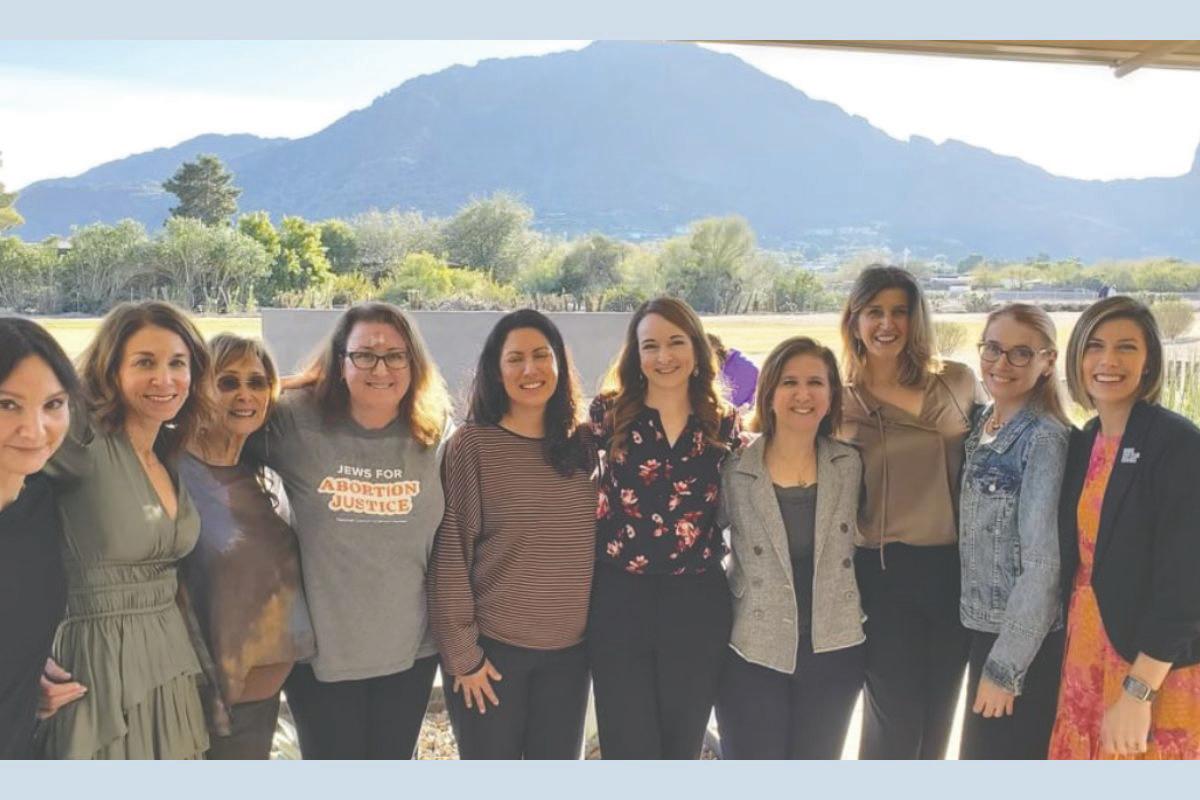
CELEBRATE 75 YEARS WITH THE JEWISH NEWS. The January 6 issue kicks off a year-long celebration with a special section focusing on the history of the Jewish News.
The Best of Magazine Jewish News 75th Anniversary commemorative issue publishes on August 18. The glossy magazine will take a look back at the major events of the last 75 years with the stories, photos and advertisements that have shaped Jewish life in Greater Phoenix.
ADVERTISE IN THE JEWISH NEWS TO REACH ENGAGED, HIGHLY EDUCATED AND LOYAL READERS.
Special Section: January 6
Ad space deadline: December 28
Best of Jewish News Anniversary magazine: August 18



Ad space deadline: June 22




Medical Center and assistant clinical professor at the University of Arizona and Creighton University; Dr. Julie Kwatra, OB-GYN at Arizona Women’s Care in Scottsdale and State Rep.-Elect Laura Terech addressed the women, many of whom had just arrived in Phoenix.
U.S. Rep. Kathy Manning (NC-06), who introduced the Right to Contraception Act in July, was also in attendance.
Kirshner explained that the gathering was “Jewishly inspired,” and Rabbi Bonnie Sharfman was the first to speak.
“I should not have had to be here today, and neither should you,” Sharfman said. “But we’re here because an assault on women has been taking place in a number of states across the country, including here in Arizona.”
She spoke about abortion from a halachic perspective, explaining that the mother’s life takes precedence over the life of an unborn child, and there is no personhood until birth. As evidence, she drew from the Talmud and Torah.
“There is a great need in our civil society today to acknowledge what Jewish law has known for 3,500 years: Abortion must be legal — it is not, nor should it, be a criminal offense,” she said.
Lopez talked about the “muddled” landscape of abortion rights in Arizona after the U.S. Supreme Court reversed Roe v. Wade in June, including the brief period after Pima County Superior Court Judge Kellie Johnson lifted an injunction on an 1864 total abortion ban.
Shortly afterward, the court issued a stay on her ruling and the 15-week ban signed by Gov. Doug Ducey this summer is the law of the state.
“We’ve stopped the worst of the worst from going into effect for now and we’ll keep plugging away so that we can make sure folks have the care they need and doctors don’t get prosecuted,” she said.
Gibson recounted having to turn away patients after what she called “Dobbs Day” in reference to Dobbs v. Jackson Women’s Health Organization, the case that overturned Roe.
“That was a traumatic day for myself as a provider because I had taken an oath to provide non-judgmental care for my patients every day,” she said.
She told the story of a patient who was 18 weeks pregnant and in a dire emotional state. Arizona requires physicians to list the reason for the abortion. This patient told her it was because of incest.
“She’s just sitting in the room and tears are streaming down her face. I said, ‘As a person, not as a physician, what can I do to help you?’ and she said, “The only thing that you can do is to help me not be pregnant.’”
It was the one thing Gibson couldn’t do because of the 15-week ban.
“We are now seeing the real-life consequences of these bans and to say it’s heartbreaking and devastating is just a gross understatement,” she said.
Terech said she and her colleagues are looking for common ground from more moderate Republicans in purple districts who might be willing to work on the issue of abortion, but there are no guarantees.
“What we can do is put forward a citizen initiative. Our work at the legislature also then is about protecting this process, which has come under severe threat in Arizona.”
Kwatra said that while her patients generally have more resources to protect them from some of the worst outcomes of the anti-abortion agenda, they are still afraid and confused.
Contant talked about her experience with pregnant women whose pregnancies became high risk after 15 weeks and the calculations they are forced to make.
“When we know we can help someone, when we know we can medically help somebody to improve their quality of life or save their life, it is heartbreaking that we can’t be able to do that,” she said.
Along with a cookie frosted with a uterus design and Chanukah gelt with an image of the late Supreme Court Justice Ruth Bader Ginsburg, attendees received a summary of abortion access in the country, a resource guide and ideas for taking action, like funding abortion advocacy and talking to friends about the issue.
In Stein’s experience, a lot of good work begins in living rooms, and in this case, a backyard. At least 100 Jewish women in Arizona, some of whom came even though they were exhausted from long flights, seemed to agree. JN
For more information, visit reproductiverights.org.


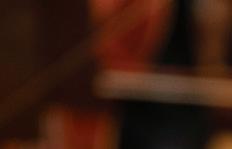
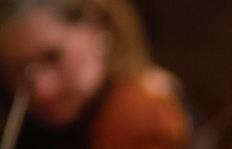
Erika Neuberg, independent chair for the Arizona Independent Redistricting Commission (AIRC), spent 2021 working with two Democrats and two Republicans to create new congressional and legislative maps to reflect data from the 2020 U.S. Census.
Arizona’s Constitution requires the AIRC to draw new maps from scratch every decade that incorporate factors such as district shape, geographical features, respect for communities of interest and potential competitiveness, among others.
November’s election was the first test of the maps’ fairness in representing Arizonans, and Neuberg believes they passed.
“It is my sincere belief and expectation that over the 10-year period, our state will look back and see that the maps were fair and served us well,” she told Jewish News.
November’s election results showed, at least, that the process delivered on more competitive races — five of 30 legislative districts are now very competitive, whereas in the last decade only two or three were. The state now has its “most politically diverse legislative districts in more than 10 years, which beginning in January will give more Arizonans a voice in state government and require Republican lawmakers to work together with Democrats like they haven’t had to do since Janet Napolitano was governor in the mid-2000s,” according to the Arizona Republic.
Redistricting is a big part of this result. After the maps were approved 5-0 a year ago, Arizona Democrats objected strongly that the congressional map gave Republicans an unfair advantage, but Neuberg countered that districts 1 and 6 were more competitive than Democrats realized and “will remain up for grabs for the decade.”
One Arizona Republic columnist even accused Neuberg and her Republican counterparts of moving a boundary to keep state Sen. Wendy Rogers’ seat safe.
Neuberg swatted away the suggestion of malfeasance. She took her responsibility to the state seriously, which meant redistricting for people whether she agreed with their choice of leaders or not, she said.
“I understand the Democrats mistrusted the system because they saw the Republicans had more sway on the commission. But at the end of the day, they were wrong. It
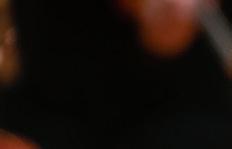
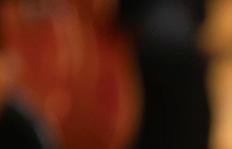
wasn’t rigged, and I gave assurances to no one,” she said.
Neuberg came to the process with a desire to foster consensus and listen to the public, and she won her position on the commission with unanimous support.
At the end of the day, the process was successful, she said.
“It wasn’t perfect, but it was actually surprisingly less extreme and more collegial than I imagined it could ever be,” said Neuberg.
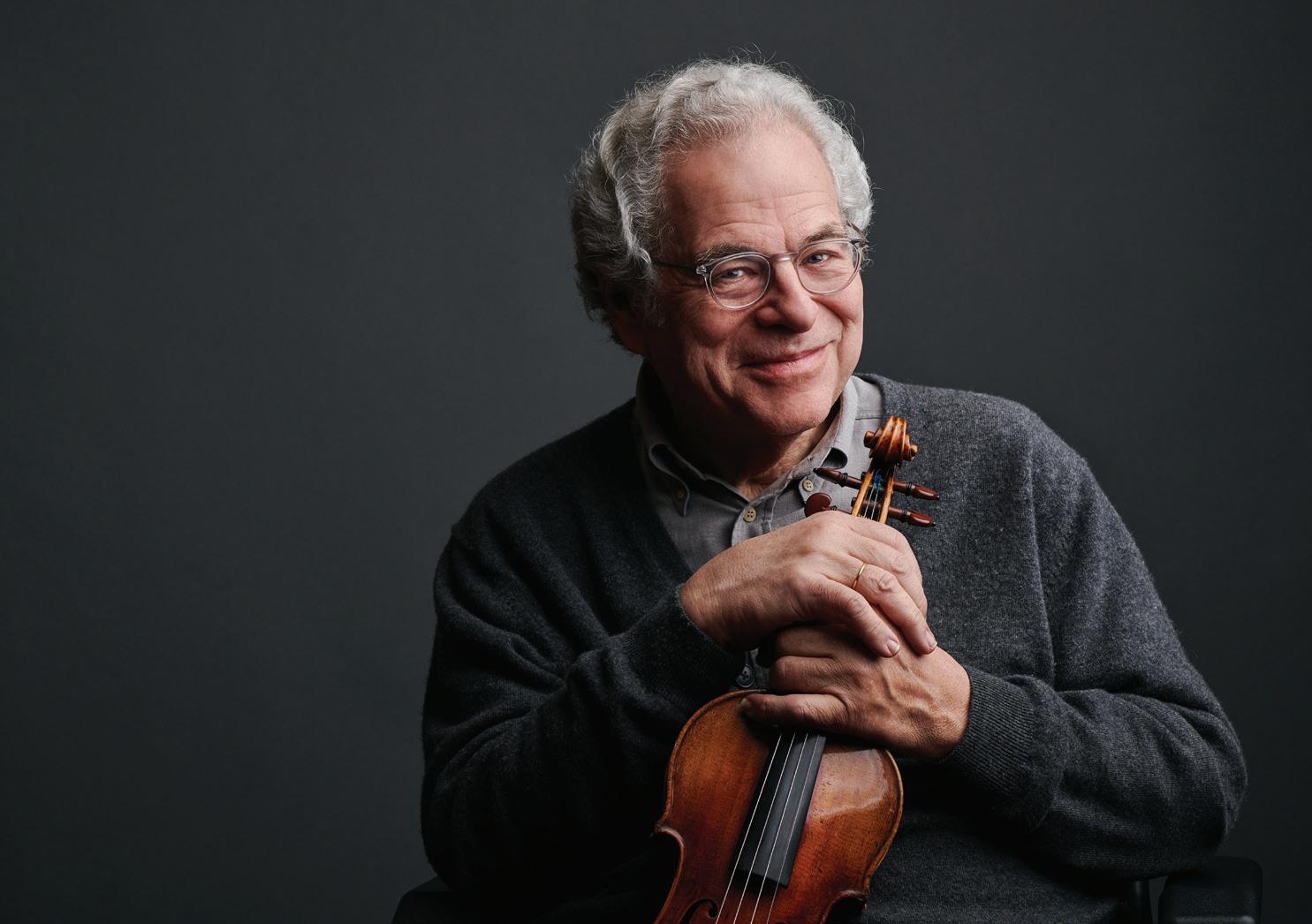

A political science major in college, Neuberg is a student of history and recognizes that for democracy to thrive, voters need to feel secure that their voices will be heard. To that end, the year-long redistricting process was nothing if not transparent.
“Not a single line was drawn that wasn’t done in front of the camera,” she said.
Anyone could submit maps and the AIRC provided tools on its website to engage as many people as possible. Some people who wanted to participate were overwhelmed with the technology involved and resorted to submitting hand-drawn maps. Those, too, were considered by the commission.
Neuberg described the whole process of drawing the maps as an intellectual one but also as “slightly artistic.” She viewed AIRC’s work as weaving many pieces of data into a narrative, one she believes will show that both Democrats and Republicans have reason to be optimistic and concerned, “with true centrists/independents coming out the winners.”
Now that her job is done, she is curious to see the after-action report that will incorporate her feedback along with that of the other commissioners and she hopes she can assist the future commission when it begins its work in 2031.
During the course of her work on the commission, Neuberg, who is a member of Congregation Beth Tefillah, avoided social media and reporting on the process. She never felt threatened but admitted there were difficult moments. Still, it was a positive experience that gave her a sense of optimism after many years of feeling concerned about the tone and tenor of public discourse.
As for her detractors, she has a challenge: “Just watch me over the decade if you think I’m aligned with one side — I’m the same person I was before.” JN
VISIONARY SPONSORS
Anonymous (2)
Kathy and Neill Miller
Laura Ziff
AFTER-PARTY SPONSORS
The Gottschalk Family
Lauren & Zev Hendeles
Rachel & Jonathan Hoffer
Polly & Jonathan Levine
Sheila Schwartz
LEADERSHIP SPONSORS
Anonymous (2)
ABLE Financial Group
Julie Bennett
Amy & Andrew Cohn
DeTata Family
Flader & Young Consulting Group of RBC Wealth Management
Gerald Rosenbluth Family Fund, held at the Arizona Community Foundation
Dottie & Murray Goodman
Goodmans Interior Structures
Suzanne & Steve Hilton
Ellen & Howard Lindzon
Judy & Sam Linhart and
Julie & Gary Linhart
Lori & Barry Markson and Gust Rosenfeld P.L.C.
Risk Resource
Dale Sachs Family
The Schoen Family
Jennifer & Steven Schwarz and ViaWest Group
Brittany & Josh Simon
SMS Financial
Jordan & Aaron Staenberg
Jay Stein
STORE Capital
Kathy & David Tinkelman
Weiss Wealth Strategies of Raymond James
The Yalowitz Zeidler Group of BAIRD Private Wealth Management

COMMUNITY SPONSORS
Anonymous
Alliance Bank of Arizona
Tiffani & Dan Bachus
Elaine & Joel Bernick
Fairytale Brownies
Cheryl Hintzen-Gaines & Ira Gaines
Jacque & Richard Glazer and George Glazer
Stephanie & Adam Goodman
Kierman Law, PLC
Michelle & Bryan Kort
MidFirst Bank
Palo Verde Generating Station
Phoenix Suns
RIESTER
R.O.I. Properties and Lane & Nach, P.C.
Sacks Tierney P.A.
Joel Schaller & Sally Oscherwitz
Temple Solel
Sharon & David Wax
Weiner Insurance
Weiss Brown
Barbara & Barry Zemel
FRIEND SPONSORS
BEYONDMOTION
Video Production Services
Mim & Mel Bottner
Nechama Bloom & Shalom Fialkoff
Connections In Home Care
Corporate Spending Innovations
Dahn & Krieger Architects
Planners P.C.
Sasha & Rodney Glassman
Eleanor & Stephen Hammerman
Henry+Horne
Hospice of the Valley
Sheri & David Kravetz
Debra & Jay Levine
MGKS
Shannon & Keith Mishkin
Ownby Design
Paradise Valley Dental
Sara & Bob Silver
Phyllis & Mark Strauss
THE ADLERS at Arizona Best Real Estate
Sandy, Rob & Michelle Adler
The Wiss Group of V.I.P. Mortgage
Jay Zweig
IN-KIND SPONSORS TO THE GALA AUCTION AND RAFFLE
Active Body Wellness
Dr. Daniel Charous, MD
Anonymous
Arizona Public Service (APS)
Mallory Lebovitz
The Driver Provider
Bon Voyage Travel
Capital Grille - Scottsdale
etta - Scottsdale
The House of Diamonds
Brent & Mamello Taubman
Mark Tarbell
MidFirst Bank
Phoenix Suns
Suzanne & Steve Hilton



Mi-Ai Parrish will address the interplay and culpability of media and messaging with antisemitism when she speaks at Jewish Family & Children’s Service’s (JFCS) 2023 Brighter Tomorrow Luncheon on Jan. 6, 2023.
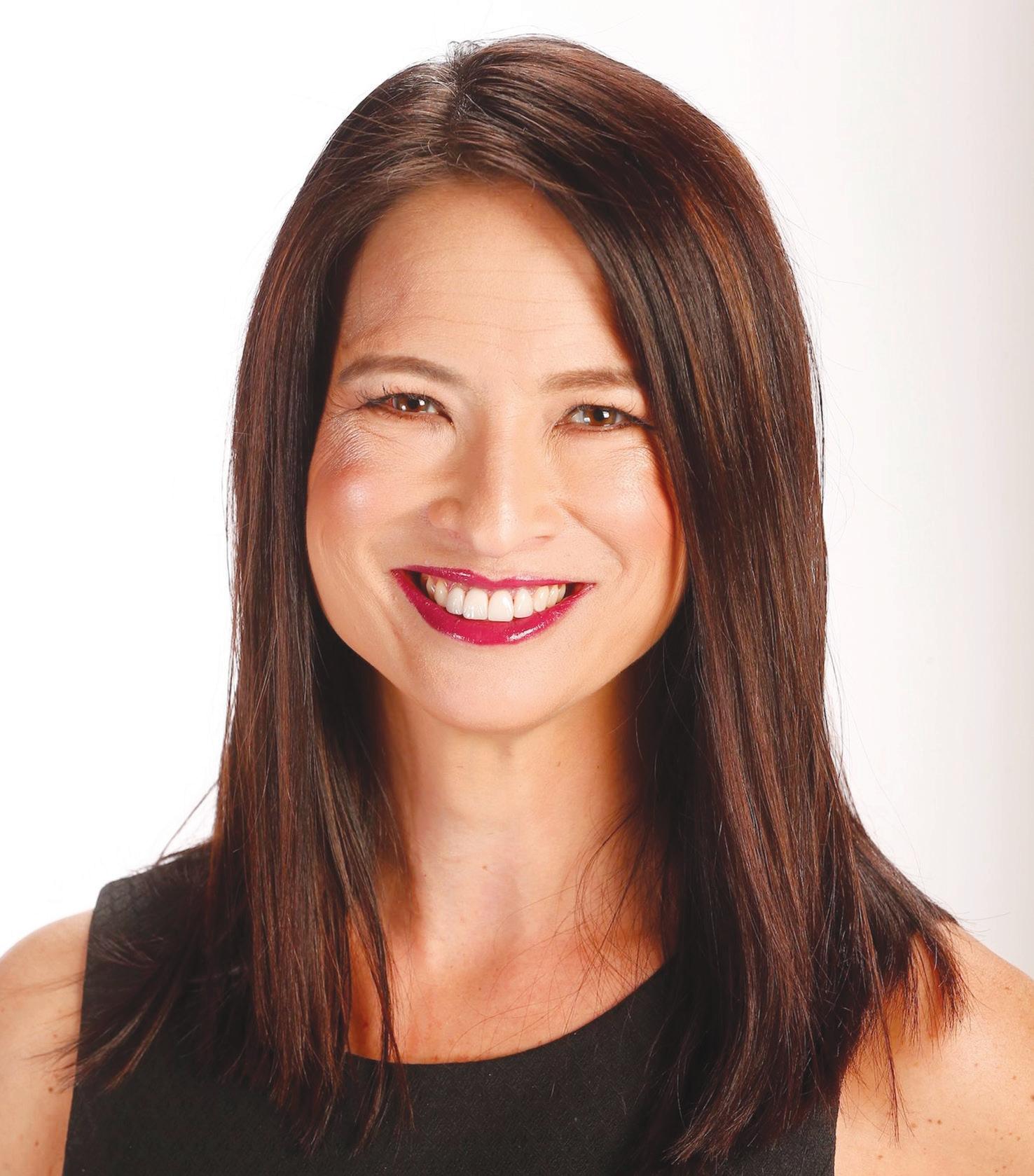










“We’re in a place where misinformation, disinformation and bad actors are clearly working to divide, harm and marginalize a group of people. Historically, it’s like it never ends. I’m looking at the historical picture of where we’ve been, where we are and where we really need to go,” said Parrish.
“There’s research around it, it’s trackable. The rise in antisemitism has come with the rise in interest in fascism and authoritarianism. It’s a playbook that’s familiar to those who are paying

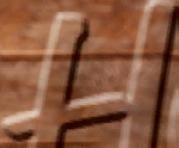
attention or have lived it. And that’s a very ongoing, constant stress and threat. I admire people working to strengthen their community in a way that Jewish Family & Children’s Service does.”



In 2021, JFCS touched the lives of nearly 48,000 individuals through its programs and services. Of the people served, 97% are low income and working poor and 70% are children and teens.
Paradise Valley resident Carol Kern had never used any of the services offered by JFCS until her mother moved here from New York. Her mom was a snowbird, coming to stay with Kern for three months every winter, but when she needed more support and her sister in New York could not care for her any
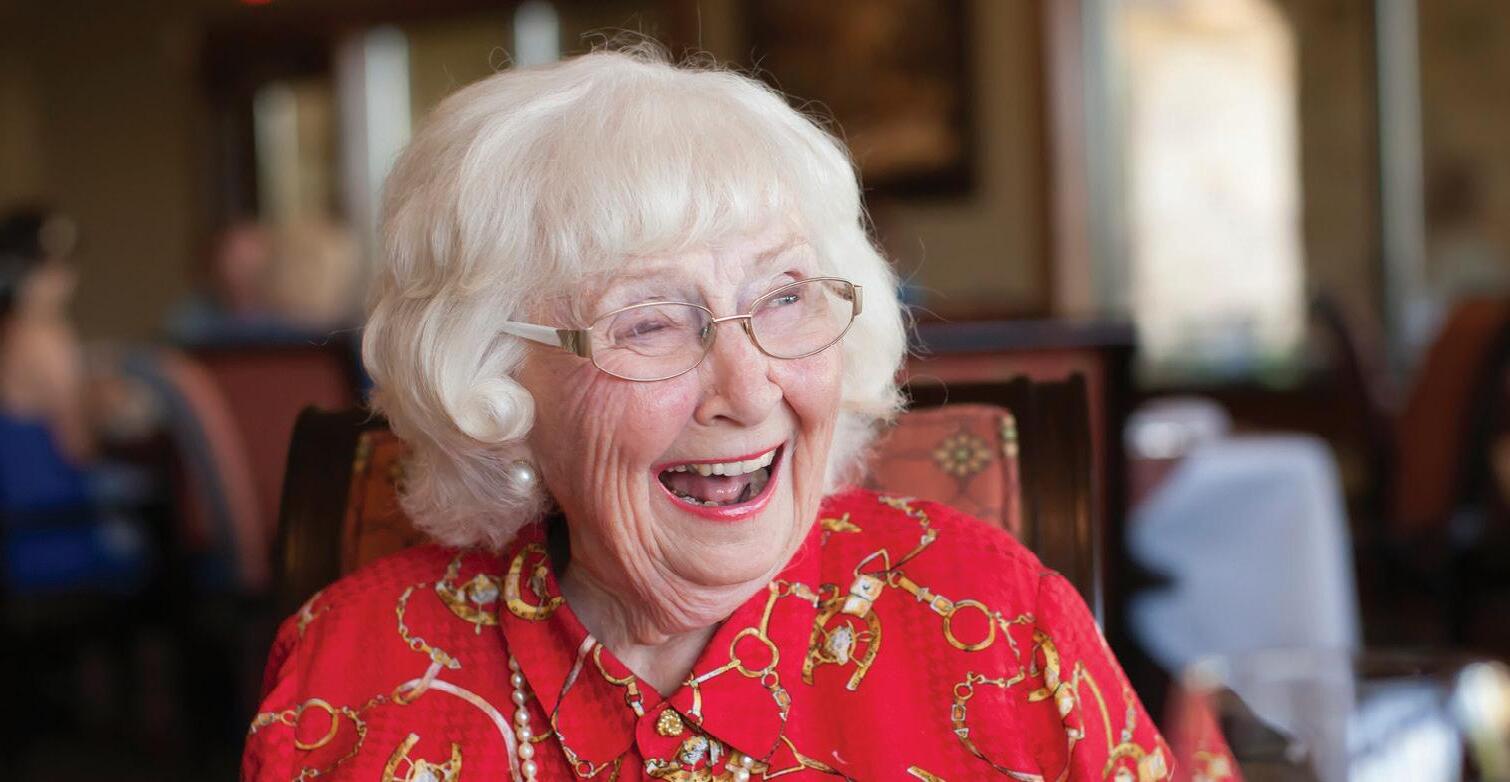
longer, Kern found an assisted living facility nearby.
Kern thought the matter was settled but her mom thought otherwise.
“She really didn’t understand why she wasn’t staying at my house and why this was going to be her permanent residence,” said Kern.
JFCS set her up to talk to a geriatric specialist, who “helped me to do the right things to make her feel more comfortable in her new situation.”
Since that time, nearly 15 years ago, Kern has been actively volunteering with JFCS. She has been on the board since 2012 and served as board chair from December 2013 to December 2016.
During her tenure as board chair, Dr. Michael Zent, president and CEO of JFCS, suddenly passed away. Kern chaired the search committee looking for a new CEO. In August 2016, Dr. Lorrie Henderson was hired as the new CEO of JFCS.
“Lorrie is an amazing CEO. He is dedicated, approachable and very kind,” said Kern. “He’s in there with his heart and soul, as am I and the other board members.”
Even though “Jewish” is in the
“I think that’s important for people to understand who we are and what we do. Our foundation is strong but our commitment to helping people in the community is even stronger,” Kern said.
She is co-chair with her husband, Allan, for JFCS’ Brighter Tomorrow Luncheon at the JW Marriott Scottsdale Camelback Resort & Spa. It is the largest fundraising event of the year for JFCS.
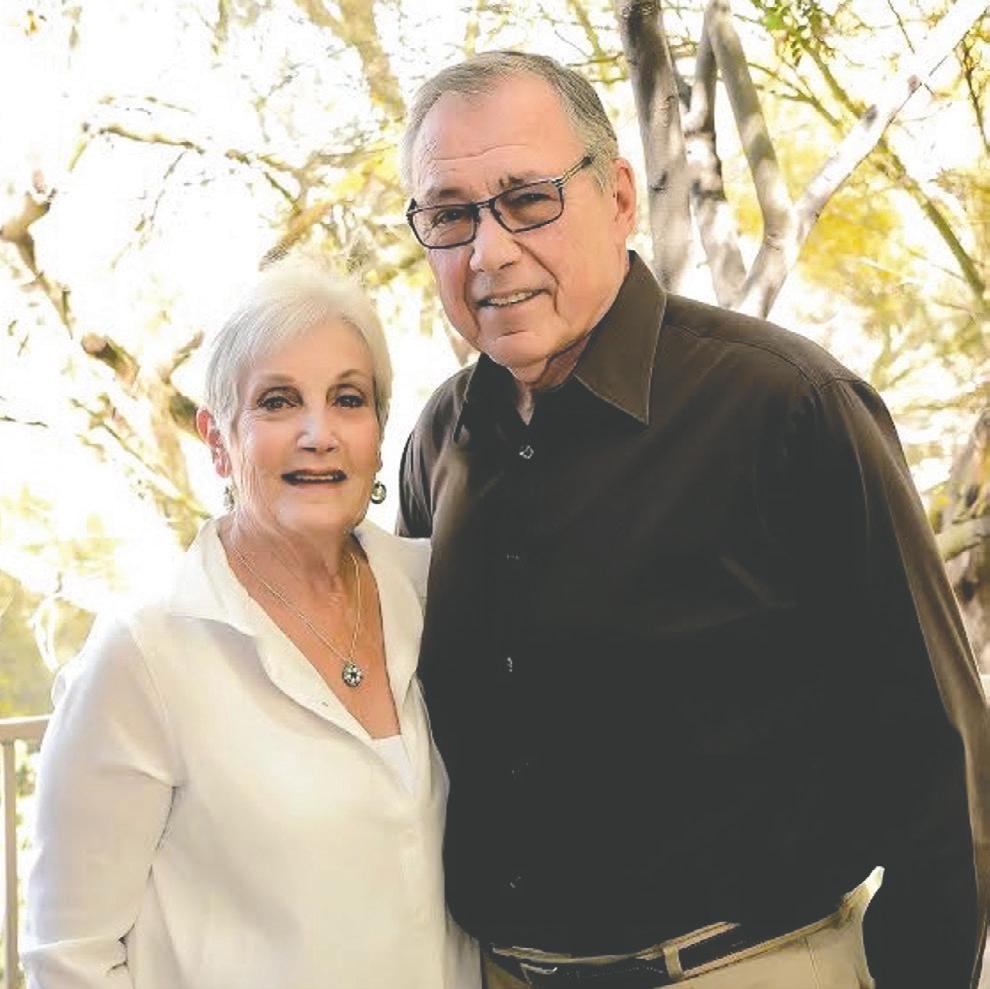
“It’s the first year we’re back in person after three years of doing it on Zoom,” said Kern. “So, we’re excited.”
Parrish is the keynote speaker at the luncheon. The former Arizona Republic publisher is now a professor of Media Innovation and Leadership at Walter Cronkite School of Journalism and Mass Communication at Arizona State University and is president and CEO of Phoenix-based MAP Strategies Group.
She was the first Korean American publisher in mainstream media, the first person of color to be publisher in Idaho, Kansas City and Phoenix, and the first woman publisher in Kansas City.
Although this is her first event with JFCS, much of Parrish’s personal time and community work is devoted to similar causes — behavioral health, mental health support, domestic violence prevention
Parrish grew up in a “very, very, very
Jewish neighborhood” in Maryland. Her father is a Ukrainian Jew and her mother is a Korean Christian. Parrish said she eventually converted to Judaism, going from “unofficial to official.”
She said that when JFCS approached her for the event, they didn’t even realize she was Jewish.
“I don’t hide it, but I also don’t put it in my bio,” said Parrish. “It creates issues and that in itself is an aggression towards me — a trauma based on my heritage, my culture and my people. It’s not that I’m not proud of who I am, but it has attached in this society a level of threat and danger for a lot of people — certainly people in particular industries like academia and media.”
Although journalism was her passion, as a publisher she realized that she didn’t get to “do journalism” as much. Hence, she moved over to the business and academia side, where she could make a “positive difference for journalism and democracy.”
At ASU, she teaches ethics of journalism and the business of media and with MAP


Strategies Group, she works with both large and small companies on how to help them improve the communities they serve.
“I feel like I get the best of all worlds — I get to work with young people to create and innovate, and I get to work with industries to help guide positive transformation to create cultures that are contributing to goodness in the world,” said Parrish. JN
For more information on the 2023 Brighter Tomorrow Luncheon, visit jfcsaz.org.
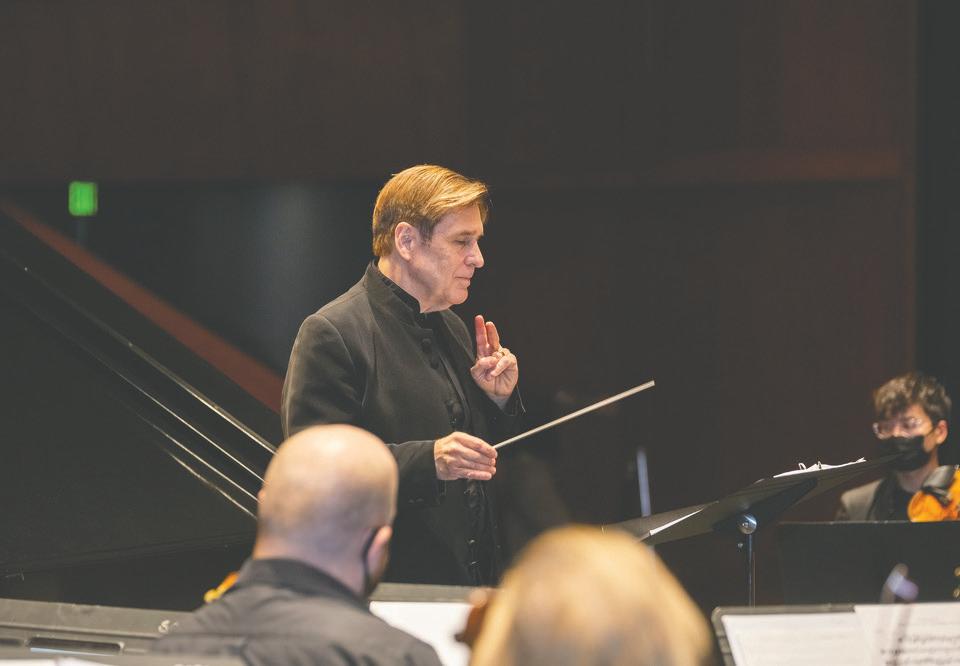
Democratic Sen. Raphael Warnock’s victory over Republican challenger Herschel Walker in a Georgia runoff election last Tuesday was significant. When it occurred, it sealed a 51-49 Democrat majority in the Senate, which was seen as a big deal. That’s because 51-49 would make it much easier for Democrats to move legislation through their chamber without having to worry about assuring sometimes difficult party unanimity on every issue, and because the margin would give Democrats control on all Senate committees, making it easier, for example, to confirm federal judge appointments more quickly.
But all of that was thrown into some doubt three days later when Sen. Kyrsten Sinema announced she is leaving the Democratic Party and registering as a political independent. While not yet clear, Sinema’s shifted allegiance probably won’t change the power balance that was in place just before her announcement since Sinema’s vote with Democrats was never a sure thing.
But whichever way Sinema goes, the Warnock victory boosts the Democratic Party and raises expectations. With
control of the White House, the Senate and only a very modest Republican majority in the House, Democrats are going to have to deliver on their promises if they want to hold the Senate and regain control of the House in 2024.
and his company are facing, Walker is the fourth Trump-backed Senate candidate to lose a very winnable race. As in Pennsylvania, Nevada and Arizona, Georgia was a state in which a quality Republican candidate would reasonably
WITH CONTROL OF THE WHITE HOUSE, THE SENATE AND ONLY A VERY MODEST REPUBLICAN MAJORITY IN THE HOUSE, DEMOCRATS ARE GOING TO HAVE TO DELIVER ON THEIR PROMISES IF THEY WANT TO HOLD THE SENATE AND REGAIN CONTROL OF THE HOUSE IN 2024.
Beyond its impact on Senate numbers, the Georgia runoff has other significant implications: It is another blow to the dwindling popularity and diminished star power of former president Donald Trump. Quite apart from the ever-mounting legal challenges Trump
Last week the White House hosted a roundtable meeting on antisemitism led by second gentleman Douglas Emhoff. Numerous administration officials and several representatives of Jewish organizations attended. The urgency for the meeting was clear and was reflected in the words of one of the attendees, Deborah Lipstadt, the U.S. State Department’s special envoy to combat antisemitism, who declared that antisemitic beliefs “must be stopped by any means necessary.” It begs the question of how to get that done.
Emhoff, who is Jewish and married to Vice President Kamala Harris, spoke of an “epidemic of hate facing our country.” That’s certainly true. Days before the roundtable meeting, former President Donald Trump outraged a bipartisan chorus of his critics and longtime supporters and friends by hosting a dinner with the gleefully antisemitic Kanye West, and white nationalist and Holocaust denier Nick Fuentes. Trump giving oxygen to hate-mongers is as offensive as the hate they spew.
Rising antisemitism has Congress
worried as well. On Dec. 7, 122 members of the Senate and House sent a letter to President Joe Biden, urging him to develop a unified, national strategy to monitor and combat antisemitism. The bipartisan letter called for a “wholeof-government approach” to combat the “anti-Semitic voices” that are
be expected to win. But like several other Trump candidate choices, Walker was not a quality candidate. He was, of course, a very talented and popular football player. But when it came to politics, policy and issue detail, Walker was wanting. He lost the election even though every
other statewide Republican candidate in Georgia sailed to victory.
Ever since the stunning collapse of the Republican Party’s anticipated “red wave” in November — much of which is attributed to the Trump allegiance of election deniers and others on the far-right of the party — more and more Republicans are talking about the need for new faces to lead their party and their 2024 presidential ticket. The good news for Republicans is that they have a deep bench with a full range of choices to lead their ticket. The bad news is that Trump will not get out of the way graciously. As a result, Republicans will need to navigate a complicated minefield in their own nomination process.
Which brings up another potential dividend of the Warnock win: President Joe Biden can spend the next two years focused on doing what the American people elected him to do. And given his well-developed political savvy and skills, he has the tools to get that done. Biden has the time and the support to build on his successes. He should spend the next 24 months finishing that important work. JN
report does more than just record numbers. It explains the commonwealth’s monitoring process, reviews the history of antisemitism in the state and in a frank manner admits that “some of the most high-profile antisemitic incidents in recent history have occurred in the Commonwealth” — most
ON DEC. 7, 122 MEMBERS OF THE SENATE AND HOUSE SENT A LETTER TO PRESIDENT JOE BIDEN, URGING HIM TO DEVELOP A UNIFIED, NATIONAL STRATEGY TO MONITOR AND COMBAT ANTISEMITISM.
“finding new audiences, with anti-Jewish conspiracies gaining traction.”
Similar recognition is coming from the states. For example, a recent report from the state-chartered Virginia Commission to Combat Antisemitism tracked the growth of antisemitism in that state, which has recorded nearly 350 reports of such acts this year. But the Virginia
notably, the deadly “Unite the Right” rally in Charlottesville in August 2017.
In addition to its comprehensive review of antisemitic trends and activity in the commonwealth, the Virginia report makes 21 recommendations to address the problem. First among them is adopting the International Holocaust
OPINION
Remembrance Alliance’s (IHRA) working definition of antisemitism, including its “Contemporary Examples.” It calls on the state to expand Holocaust standards of learning and include the study of Jewish history in world history courses. And it proposes banning public entities from adopting and practicing BDS positions.
We are encouraged by the Virginia report. It goes beyond traditional handwringing and inflated rhetoric and suggests tangible action. That’s the kind of comprehensive approach we need from the federal government.
We agree with the members' of Congress letter that urges a “whole of government approach” to address poisonous antisemitism. But we need the right people leading the effort. In that regard, the designation of Emhoff to chair the taskforce seems more ceremonial than substantive, as he lacks the necessary background or experience to lead the comprehensive government effort that is needed.
We need an experienced hand leading this crucial government effort. We don’t have time to waste on ceremony. JN
We are a diverse community. The views expressed in this opinion piece are those of the author. They do not necessarily reflect the views of the officers and boards of the Jewish Community Foundation, Center for Jewish Philanthropy, Jewish Federation of Greater Phoenix, Mid-Atlantic Media or the staff of the Jewish News. Letters must respond to content published by the Jewish News and should be a maximum of 200 words. They may be edited for space and clarity. Unsigned letters will not be published. Letters and op-ed submissions should be sent to editor@jewishaz.com.
A NOTE ON
Afew days after the comedian Dave Chappelle appeared to justify the never-ending appeal of Jewish conspiracy theories, this sentence appeared in the New York Times: “Bankman-Fried is already drawing comparisons to Bernie Madoff.”
I’ll explain: Sam Bankman-Fried is the 30-year-old founder of FTX, the cryptocurrency exchange that vaporized overnight, leaving more than 1 million creditors on the hook. Bernie Madoff, is, of course, Bernie Madoff, the financier who defrauded thousands of investors through a multibilliondollar Ponzi scheme and died in prison.
It’s a fair comparison, as a former regulator tells CNN: “Bankman-Fried, like Madoff, proved adept at using his pedigree and connections to seduce sophisticated investors and regulators into missing ‘red flags,’ hiding in plain sight.”
Nevertheless, seeing these Jewish figures lumped together, I braced myself for the inevitable: Nasty tweets about Jews and money. Slander from white supremacists. Plausibly deniable chin-scratching from more “mainstream” commentators.
What comes next is a familiar script: Jewish defense groups issue statements saying conspiracy theories traffic in centuries-old antisemitic tropes and pose a danger to the Jews. Jewish news outlets like ours post “explainers” describing how these myths take hold.
It’s exhausting, having to deny the obvious: that a group of people who don’t even agree on what kind of starch to eat on Passover regularly scheme to bilk innocents, manipulate markets or control the world. And it often seems the very attempt to explain these lies and their popularity ends up feeding the beast.
Chappelle’s now notorious monologue on “Saturday Night Live” is a case in point. At first pass, it is a characteristically mischievous attempt to both mock the rapper Kanye West for his antisemitism, and to push boundaries to explain why a troubled Black entertainer might feel aggrieved in an industry with a historic over-representation of Jews. Jon Stewart certainly heard it that way, telling Stephen Colbert, “Look at it from a Black perspective. It’s a culture that feels that its wealth has been extracted by different groups. That’s the feeling in that community, and if you don’t understand where it’s coming
When the previous Binyamin Netanyahuled Israeli government was moving toward annexing parts of the West Bank in 2019 and the first part of 2020, it was easy for everyone to see what was transpiring. The proposals floating around were straightforward and simple to comprehend, whether it was talk of annexing specific spots such as the Jordan Valley or the Etzion settlement bloc, or absorbing all of Area C, or incorporating 30% of the West Bank into Israel based on the map in President Trump’s Peace to Prosperity plan, or applying sovereignty and Israeli civilian law to all 127 recognized Israeli settlements. Any of these measures would have immediately transformed the legal status of parts of the West Bank and made them indistinguishable in Israeli law from Israel inside the Green Line, and this made these plans and their potential impacts easy to understand and evaluate.
The Netanyahu government that is about to be formed is proceeding in a different manner. Unlike the blunt force of previous annexation attempts, the new approach is much smarter by being more tactical. Moving to annex parts of the West Bank in one fell swoop created an easy target for annexation’s opponents and also caused a stir outside of Israel, as demonstrated by the public Emirati concern over the policy
that led to annexation being shelved in favor of normalization with the UAE and eventually to the Abraham Accords. Having learned from their previous mistakes, Israeli proponents of annexation — led by Bezalel Smotrich — are now taking a piecemeal approach that gives them cover to argue that they are not actually moving to change the West Bank’s legal designation, but are only implementing administrative changes to make life easier for the West Bank’s Israeli residents.
As these efforts unfold, it will be vital to recognize them for precisely what they are.
They are not an attempt to build settlements at a more rapid pace or make it easier to get approval for West Bank infrastructure. They are also not creeping annexation, a catch-all category that has come to describe Israel’s growing presence inside the West Bank.
They are the first stages of actual annexation, designed to remove authority over and control of the West Bank from the military — which is the proper address for a military occupation — to civilian bodies, effectively annexing the West Bank in every way short of doing it in name.
The plan laid out by Smotrich and incorporated into the coalition agreement signed between his Religious Zionism party and Netanyahu’s Likud has a number of elements that accomplish this. The first is
from, then you can’t deal with it.”
That is a useful message, but consider the messenger. Chappelle appears to disapprove of West’s conspiracy-mongering, but never once discusses the harm it might cause to the actual targets of the conspiracies. Instead, he focuses on the threat such ideas pose to the careers and reputations of entertainers like him and West. The “delusion that Jews run show business,” said Chappelle, is “not a crazy thing to think,” but “it’s a crazy thing to say out loud.” He ends the routine by ominously invoking the “they” who might end his career.
That’s what critics meant when they said Chappelle “normalized” antisemitism: He described where it’s coming from, explained why his peers might feel that way, and only criticized it to the degree that it could lead the purveyors to be cancelled. It’s like saying, “You don’t have to vaccinate your kids. Just don’t tell anybody.”
This week I worked with a colleague on an article about how the “Jews control Hollywood” myth took hold, and at each step of the way I wondered if we were stoking the fire we were trying to put out. No, Jews don’t control Hollywood, we reported, but “nearly every major movie studio was founded in the
early 20th century” by a Jew. Those moguls rarely used the movies as a platform to defend Jewish interests, but per Steven Spielberg, “Being Jewish in Hollywood is like wanting to be in the popular circle.”
A documentary shown Thursday night at the DOC NYC festival here in New York teeters on the edge of the same trap.
“The Conspiracy,” directed by the RussianAmerican filmmaker Maxim Pozdorovkin and narrated by Mayim Bialik, uses 3-D animation to explain how conspiracists ranging from a 19th-century French priest to American industrialist Henry Ford placed three Jews — German financier Max Warburg, Russian revolutionary Leon Trotsky and falsely accused French soldier Alfred Dreyfus — at the center of a vast, contradictory and preposterous scheme to take over the world. It connects age-old Christian animosity to the Jews to centuries of antisemitic paranoia and fear-mongering that led to unspeakable violence at Kishinev, Auschwitz and Pittsburgh. “This myth has plagued the world for centuries,” Pozdorovkin explains.
Or at least that’s the message you and
legalizing illegal settlement outposts, which are illegal under Israeli law because they have been constructed without authorization and outside of the established approval and permitting process, and in many cases because they have also been built not on state land but on private Palestinian land. Retroactively legalizing about 70 of these illegal outposts is the first step in normalizing them by putting them beyond the reach of IDF bulldozers or the Israeli Supreme Court and treating them like established settlements. Doing so will make it so that there is no longer a category of construction inside the West Bank that is deemed to be illegal under Israeli law, and in the process weakening the rule that settlements cannot be constructed on private Palestinian land. The term that the right uses for these illegal outposts is “young settlements,” which itself is designed to erase any distinction between what is deemed legal and legitimate, and what is not.
Standardizing the status of all West Bank settlements, including previously illegal ones, is a precursor to the next step, which is shifting the West Bank from a territory governed by the IDF to one governed by Israel’s civilian government. The Religious Zionism-Likud agreement stipulates that Religious Zionism will receive a new minister in the Defense Ministry — likely to be Smotrich himself — who will oversee all issues related
to territory, construction, demolition and civilian life. In addition to creating what is effectively a settlements’ minister apart from the defense minister, the agreement dictates that the legal department that oversees the West Bank will be moved out of the IDF Judge Advocate General’s office and into the Defense Ministry under the authority of the new Religious Zionism minister. While this will be explained as nothing more than a bureaucratic reorganization, it is in reality a momentously significant step, since it officially removes the authority to sanction things in the West Bank as legal or illegal out of the military and to a civilian body. The only proper way to describe this is as an extension of civil governmental authority to the West Bank, which functionally means annexation, even if it is intentionally not described as such.
In addition to shifting some responsibilities over settlements out of the IDF to the purview of this new minister, Smotrich has also ensured that the power to shape facts on the ground will lie with him. The new minister will be in charge of the permitting and planning process for both Jewish and Palestinian construction in Area C by overseeing the Supreme Planning Committee, dictating how often it meets and what is on its agenda. The new minister will also

At the beginning of this week’s parshah, Jacob gives his favorite son, Joseph, the “coat of many colors,” evoking jealousy from his 11 other sons. Then Joseph, in what’s maybe not an example of his best judgment, tells his brothers of prophetic dreams he’s had that indicate that he’s the greatest in the family.
Even his father, Jacob, chastises him for this, but the brothers take their envy to a new level. Infamously, they initially want to kill him, but Reuben persuades them to resist that urge, so instead they throw him into a pit and sell him to Ishmaelites, who take him to Egypt.
What a horrible way to treat a brother, and what a sad way for the fathers of 11 of the tribes of Israel to treat the father of the 12th. Sadly, I can see this as a foreshadowing of the way Jews often treat one another today. It is bad enough that the Jewish people face rising, extreme hatred from people in the outside world, and I believe there is an additional problem coming from inside the house.
Most of us in the Jewish community feel
SILOW-CARROLL
CONTINUED FROM PAGE 12
I might have gotten. But I can also see someone stumbling on this film and being seduced by the rage and cynicism of the conspiracy-mongers — who, I should note, are quoted at length. Part of the problem is the film’s aesthetic: a consistently dark palette and a “camera” that lingers on ugly examples of antisemitic propaganda. Even though these images are seen on a creepy “conspiracy wall” and connected with that red thread familiar from cop shows and horror films, I can well imagine an uninformed viewer asking why members of this tiny minority seem to be at the center of so many major events of the 19th and 20th centuries.
I was reminded of a joke by the Jewish comedian Modi, ridiculing the ritual of inviting celebrities accused of antisemitism to visit a Holocaust museum. “Which is the stupidest idea, ever,” he says. “You’re taking someone who hates Jews into a Holocaust museum. They come out of there [saying] ‘Wow! Oh my God, that was amazing! I want a T-shirt!’”
The poet and essayist Clint Smith, whose cover story in next month’s Atlantic explores the meanings of Holocaust museums in Germany, makes a similar point. After visiting the museum in Wannsee documenting the infamous meeting in which the Nazis plotted the Final Solution, he wonders: “Might someone come to a museum like this and be
comfortable and at home with our kind of people. We can often get along relatively fine with the other members of our synagogue, the other parents at school or our extended-family members across the holiday table. But how much solidarity do we typically feel with the Jews who aren’t part of our immediate communities and ideological groups? How common is it for a secular Jew to have disdain for the black hat wearing ultra-Orthodox Jew as backwards and unevolved? And for a haredi Orthodox Jew to look down upon the secular Jew as a hater of God and Torah? The same goes for a right-wing Zionist who detests nonZionist Jews as self-hating, and for a liberal Zionist who dismisses those to their right as ultranationalist and colonialist. Or perhaps you view yourself as a religious or political centrist, and you judge those who stand firmly to both sides of you as irrational and extreme.
The problems we have with one another as Jews are important, and there’s no need to sweep our differences under the rug. But at some point, we stop having arguments for the sake of heaven and begin treating one another the way the brothers treated Joseph. Our jealousy or ideological fervor, both which can lead to hate, can lead us to do and say harmful things, dividing a community that ought to be bound together.
It’s already lonely out there to be a Jew in a country that is 98% gentile and a world that is almost 100% non-Jewish, especially with rising antisemitism nationally and globally. But then to feel hate from your own siblings is unbearable. If we can’t get past this for the betterment of our own lives, we must do it for the Jewish future. I believe petty disagreement may be a key factor why young Jews leave engagement. Young Jews can detect right away when a community is putting down others. We might think we’re inspiring a love for Reform Judaism when we tell the kids we dislike Orthodoxy — or that we’re inspiring Orthodox kids when we shame Reform Judaism as not authentically Jewish. But our children often pick up on our hate and run the other way.
We must build our children’s identities affirmatively, by showing them what we love, not by bashing the type of Jew we think we dislike. The only way for us to achieve the love of Am Yisrael commanded in the Torah is for us to set down our differences, even for just a little while, and come together as a people. The goal is not peoplehood; that’s a low bar. The goal is peoplehood united to actualize our moral mission in the world. Too often those who profess “Jewish unity” mean that other Jews should just think, and act, like
KOPLOW
CONTINUED FROM PAGE 12
inspired by what they saw?”
The makers of “The Conspiracy” (oy, that title) obviously intend the very opposite. In an interview with the Forward, Pozdorovkin agrees with the interviewer’s suggestion that those “who most need to see this film might be the least likely to be convinced by it.”
“My hope is that this film has a trickledown effect,” he explains.
The fault lies not with those who seek to expose antisemitism but with a society that relies on the victims to explain why they shouldn’t be victimized. As many have pointed out, antisemitism isn’t a Jewish problem; it’s a problem for the individuals and societies who pin their unhappiness and neuroses on a convenient scapegoat. Ultranationalism and intolerance are the soil in which conspiracies take root.
But as long as scapegoating remains popular and deadly, the victims have to keep explaining and explaining the obvious — that, for instance, the fact that Sam Bankman-Fried and Bernie Madoff are Jewish is no more significant than the fact that Henry Ford and Elon Musk, two people who founded car companies, are gentiles.
The question is, who is listening? JN
The views and opinions expressed in this article are those of the author and do not necessarily reflect the views of JTA or its parent company, 70 Faces Media.
be able to influence what illegal construction is subject to demolition by ratifying the appointment made by the IDF chief of staff of the head of the Civil Administration, which is the body charged with overseeing construction and demolition. Given Smotrich’s frequent contentions that Israel is engaged in a “war for Area C” with the Palestinian Authority, it should not surprise anyone when Jewish construction spikes while the pace of demolitions of unpermitted Palestinian structures is supercharged. Smotrich will also have the power to ramp up the land survey process in Area C, which is critical to designating more land as state land and thus available for future settlement construction. The legal aspect to this also is not confined to moving the legal department for the West Bank into the Defense Ministry, as the agreement also grants the new minister the power to approve the state’s responses to Supreme Court petitions challenging settlement construction, meaning that Smotrich will oversee the legal strategy for settlement expansion.
These moves have a twofold purpose. The first is to make Israel’s hold on the West Bank even more boundless and impervious to being limited or rolled back. The second is to do so in a manner designed to be maximally opaque, tied up in bureaucratic language and administrative maneuvering that will tangle the U.S. and European governments in knots
them. There are many different moral and spiritual missions within the Jewish ethos that are worthy of our respect.
This does not require us to abandon our moral or religious convictions, or to silence the marketplace of ideas, but rather to learn how to create space for each other, for each to actualize their unique respective potential. As we’ll see by the end of the Book of Genesis, the brothers eventually do come together, make peace with one another and form the 12 tribes.
This parshah calls us to strive to have the same kind of reconciliation. In the Torah, it came from Joseph’s courage to reach out to those who have harmed him, and it came from the brothers’ humility to admit their wrongdoing. These are difficult qualities to exhibit, but no one said that being the Jewish people was going to be easy. JN
the more they try to understand and object to what is unfolding. It is much easier to protest building new settlements than it is to protest providing water and electricity on the state’s dime to settlements that already exist, albeit illegally. It is much easier to condemn applying sovereignty to settlements on occupied territory than it is to condemn moving the office of legal counsel overseeing those settlements out of the military and into the Defense Ministry. It is much easier to fight against not granting construction permits to Palestinians than it is to fight against land surveys that limit the amount of land that is available for those construction permits. This is all meant to usher in a new era of annexation under the noses of those who are on the lookout for annexation.
The Biden administration and Democratic members of Congress are likely going to maintain their previously stated red line of formal annexation as the one that must not be crossed. What cannot get lost in the shuffle is the fact that the moves that the incoming Israeli government will make are all either right on or over that red line, even if they are harder to recognize. When they arrive, they should not be mistaken for anything other than the annexation that they are designed to implement. JN
s the end of the year approaches, many individuals start thinking about charitable giving and what organizations to support, whether by volunteering or making a financial contribution. They consider their selection criteria and review the hundreds of nonprofits in the Greater Phoenix area that align with their personal values. For nonprofits, the holiday season is a critical time to collect funds and identify volunteers who will help position their organization for financial and operational success in the new year.
According to the “Arizona Nonprofits: Economic Power, Positive Impact Report” published by the ASU Lodestar Center for Philanthropy and Nonprofit Innovation, contributions and gifts from individuals, foundations, trusts and private companies are estimated to generate about 27% of Arizona nonprofits’ annual revenue.
In Arizona, and frankly across America, citizens have created a de facto unwritten contract with the nonprofit sector designed to pick up where government funding falls short. Our communities rely on nonprofits to fill the gaps, but we still think of nonprofits as “charities” versus investments in our greater good. The truth is, according to the same ASU Lodestar Center report, the nonprofit sector is the fifth largest employer in the state and generates around 8% of the state’s gross state product (about $22 billion per year). For reference, that is on par with what the entire construction industry adds to Arizona’s gross state product and the nonprofit sector employs thousands more Arizonans. Nonprofits also employ
Amore people than manufacturing, finance, insurance, agriculture and mining.
Arizona’s nonprofits serve our community through programs and services that meet the diverse needs of our state. Whether advocating for women’s rights, Native Americans’ voting rights, protecting children in the foster care system, providing shelter for animals or being stewards of our environment, these organizations are a vital part of the fabric of our state.
Every day, the staff and volunteers at nonprofit organizations are helping build healthier communities. Nonprofit leaders are often the voice of the people they serve, speaking up and speaking out for those in our communities who are unable to do so themselves. Those of us who have chosen to work with and for nonprofit organizations know how important our work is. For that work to continue, we need the ongoing support of community leaders, volunteers and decision-makers to ensure we are well-funded and wellstaffed to meet these important needs.
Nonprofit organizations are vital for the community as they also draw public attention to societal issues. They help communities promote awareness of specific problems and give incentives for change. These organizations serve as a bridge between capitalism and democracy.
If the past few years have taught us anything, it is that all of us are being asked to do more with fewer resources. And that is why supporting organizations and causes you are passionate about is so important. Whether through a financial contribution or volunteering your time and talents, nonprofits rely on the support of our community to continue their work. Your time and monetary donation can make a huge impact on those in need.
You can be the change you want to see.
Arizona leaders understand the nonprofit sector’s impact on the economy and know you are better suited to decide where tax dollars earmarked for the sector should be spent. This is why the state created the charitable tax credit program, allowing ordinary taxpayers to target their tax dollars directly.
Arizona law allows donations made to Qualifying Charitable Organizations (QCO) during 2022 (or donations made from January 1, 2023 through April 17, 2023) to be claimed on your 2022 Arizona income tax return. The maximum credit is $400 for single, married filing separately or head of household taxpayers and $800 for married taxpayers filing jointly. I cannot stress enough how important this program is to the nonprofit community. All you have to do is make a QCO donation and then you get it all back on
your tax return. It costs you nothing, but you can direct these dollars to a QCO of your choice. To give you an idea of how impactful this program can be, my organization, Jewish Family & Children’s Service, brought in more than half a million dollars over the past 12 months in tax credit dollars.
There are many reasons to support your local nonprofits — whatever the reason, do it. Get involved, donate and be a part of building stronger communities. And as the new year unfolds, don’t forget to consider continued support of local organizations as all nonprofits welcome donations throughout the year.
For a list of Qualifying Charitable Organizations (QCO), visit azdor.gov/tax-credits.


Len Gutman is vice president of philanthropic services for Jewish Family & Children’s Service. For more information, visit jfcsaz.org.
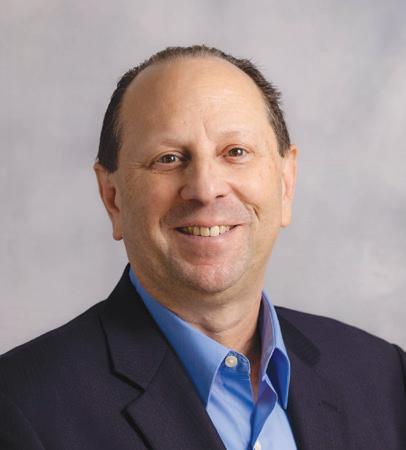
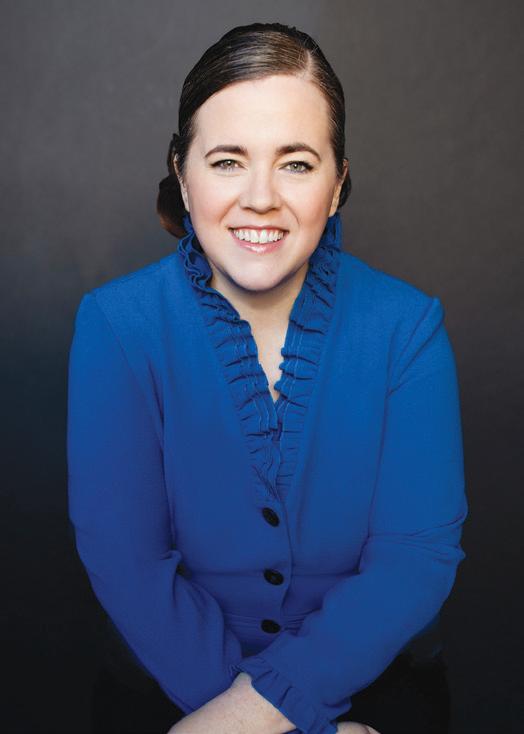
t’s the time of year when gifts and donations to nonprofits typically increase, but recent trends indicate that donors who could help navigate an economic downturn are giving less, and fewer are giving.
Year-end giving could be more important than ever in 2022. And yet, as inflation rises and the chances of an economic recession grow, trends indicate the number of individuals giving to charitable nonprofits declined 7% in the first half of 2022 compared to the same period last year, according to the latest data from the Fundraising Effectiveness Project (FEP).

The FEP, first established in 2006, and the Growth in Giving database, created in 2012, are both administered by the Association of Fundraising Professionals and GivingTuesday. The Growth in Giving database is the world’s largest public record of donation activity.

According to the FEP data, the decrease in donors came from a collapse of
donations of less than $500 and one-time donors. The number of people making contributions of $100 or less dropped by more than 17%, and 8% fewer donors made gifts of $101 to $500.
This is the latest evidence that weakening support for charities — a trend for more than a decade — continues. Although 2020 saw a pandemic-sparked uptick in giving and new donors, the number of individuals giving to charity has shrunk for five straight quarters, according to the FEP.

“That’s an indicator as a sector that we’re not ready for a recession,” said Woodrow Rosenbaum, chief data officer for GivingTuesday and one of the report’s researchers. Broad support — including from small-gift donors — is critical during an economic downturn. Research indicates wealthy donors curtail giving in response to bad economic times, Rosenbaum said.
Because it is the time of year people are considering a year-end gift, or investment, in agencies doing so much good work in communities large and small, year-end fundraising efforts like GivingTuesday
aim to help nonprofits finish 2022 as strong as 2021.
This tax season, changes to tax laws that provided relief related to events in 2021 may impact federal tax returns for this year.
The CARES Act, passed in 2021, extended and expanded several federal tax-donation benefits for those giving to 501(c)(3) public charities from the year prior. The standard deduction for single taxpayers (and married individuals filing separately) increased $150 from the previous year and rose to $12,550 ($25,100 for those married filing jointly). While for heads of households (those younger than 65), the standard deduction also increased $150 to $18,800.
At the Alliance of Arizona Nonprofits, we recommend keeping proper documentation like receipts or donation recognition letters. Those who gave or give more than $250 to one organization in 2022 will need a letter of acknowledgment from the charity or nonprofit. Those who made non-monetary contributions — like donating used clothing — won’t be
able to deduct that donation without claiming itemized deductions on their federal taxes.


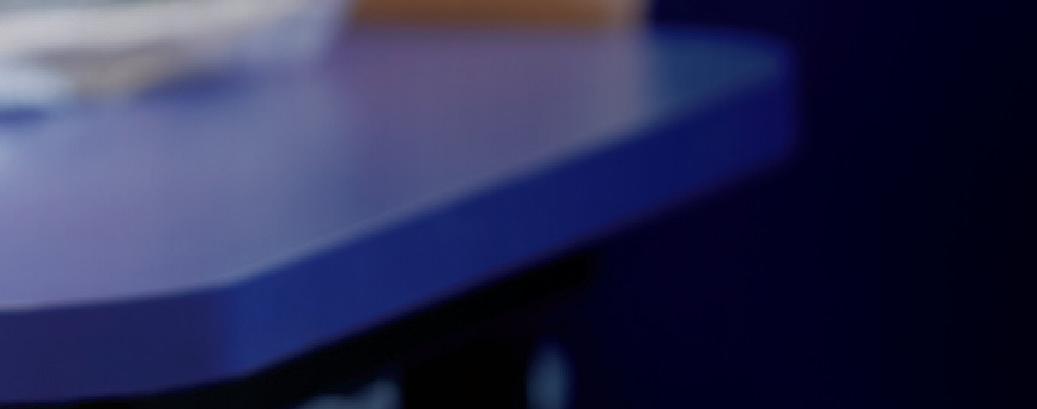
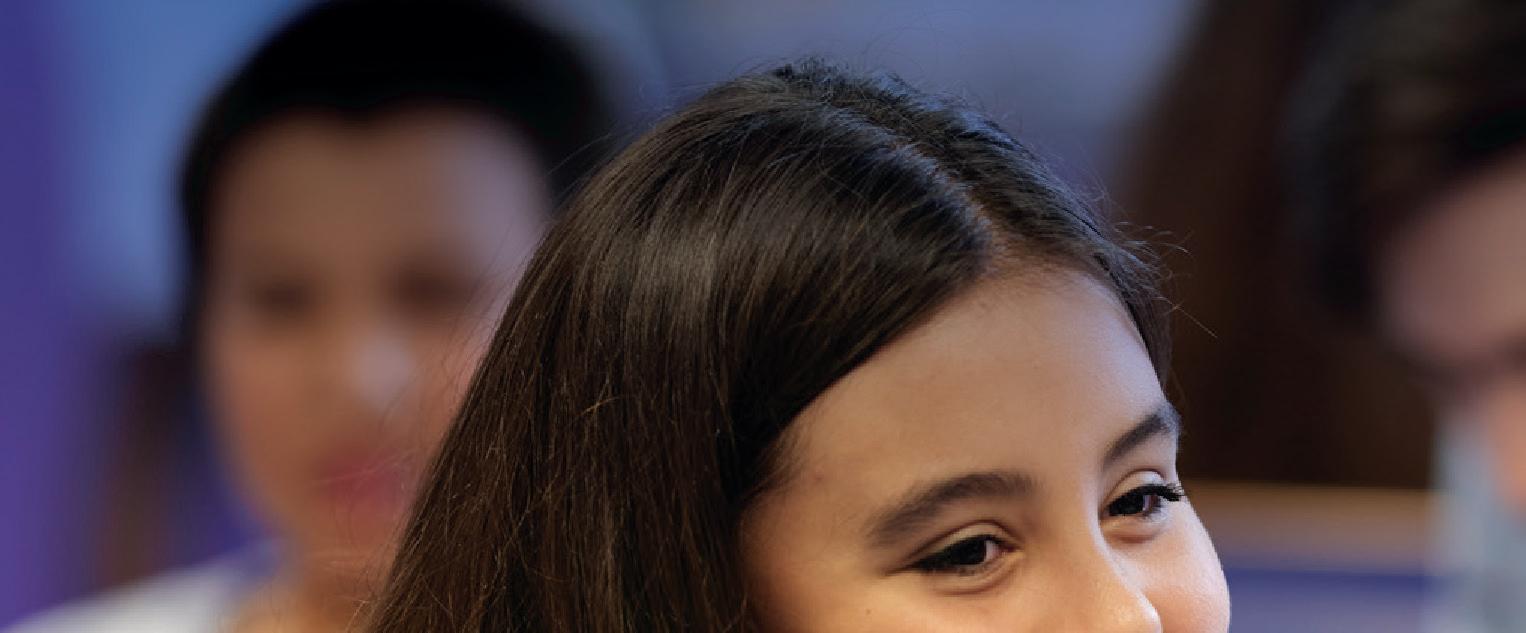
The state of Arizona provides two separate state tax credits for individuals making contributions to charitable organizations: donations to Qualifying Charitable Organizations (QCO) with a maximum of $400 single filers/ $800 joint filers and donations to Qualifying Foster Care Charitable Organizations (QFCO) with a maximum of $500 single filers/$1000 joint filers.
Individuals making cash donations to these charities may claim these tax credits on their personal Arizona state tax returns. Always consult a qualified tax advisor for personal tax advice.
Events like the recent GivingTuesday, which raised $3.1 billion nationally, help raise awareness about the critical role Arizona nonprofits play in our communities and inspire people to give generously to create a thriving and stronger Arizona for all. JN
Afew years ago, Adam Azari was frustrated over how little he could do to alleviate suffering in the world with his modest income as a writer and caretaker for people with disabilities.

He kept thinking about a set of statistics and ideas he had encountered during his graduate studies in philosophy. For example, he remembered reading that for the price of training a guide dog for the blind in the United States, one could prevent hundreds of cases of blindness in the developing world.


This hyper-rational way of thinking about doing good was called effective altruism, and it was growing into a movement, known as E.A. for short. Some proponents were even opting to pursue lucrative careers in finance and tech that they otherwise might not have chosen so they would have more money to give away.
Azari, meanwhile, had become a believer who was stuck on the sidelines. Then, one day, he had what he calls a “personal eureka moment.” Azari would return to his roots as the son of a Reform rabbi in Tel Aviv and spread the word of E.A. across the Jewish denomination and among


its millions of followers.
“It suddenly hit me that the Reform movement has this crazy untapped potential to save thousands and thousands of lives by simply informing Jews about effective giving,” he recalled.
He badgered his father, Rabbi Meir Azari, and, for a moment, thought of becoming a rabbi himself. But he abandoned the idea and focused on pitching E.A. to the Reform movement’s international arm, the World Union for Progressive Judaism. Azari found an ally in WUPJ’s president, Rabbi Sergio Bergman, and the organization soon decided to sponsor his efforts, paying him a salary for his work.
Over the past year, Azari’s Jewish Effective Giving Initiative has presented to about 100 rabbis and secured pledges from 37 Reform congregations to donate at least $3,000 to charities rated as the most impactful by E.A. advocates and which aid poor people in the developing world. Per E.A. calculations, it costs $3,000 to $5,000 to save a single life.

“Progressive Judaism inspires us to carry out tikkun olam, our concrete action to make the world better and repair its injustices,” Bergman said. “With this call we not only do what the
heart dictates in values, but also do it effectively to be efficient and responsible for saving a life.”
This charitable philosophy appears to be gaining traction in the Jewish world just as one of the figures most associated with it, who happens to be Jewish, has become engulfed in scandal.
Sam Bankman-Fried built a cryptocurrency empire worth billions, amassing a fortune he pledged to give away to causes selected on criteria developed by the proponents of effective altruism.
A few weeks ago, Bankman-Fried’s fortune evaporated amid suspicions of financial misconduct and revelations of improper oversight at his company, FTX, a cryptocurrency exchange that was worth as much as $32 billion before a run of withdrawals ultimately left it illiquid.
In the wake of FTX’s collapse, BankmanFried has suggested that his embrace of E.A. was insincere, a tactic to bolster his reputation.
But Azari and the organizer of another initiative, a growing reading and discussion group called Effective Altruism for Jews, are undaunted and don’t believe the scandal should taint the underlying principles of the movement.


“Whether you call it E.A. or just directly donating to global health and development, it doesn’t matter,” Azari said. “The basic idea is to support these wonderful charities, and I don’t think the FTX scandal changes any of that. Malaria nets, vitamin A supplements and vaccine distribution are still super cost-effective, evidence-based ways of helping others.”
Azari added that he has had several meetings with rabbis since the news about BankmanFried broke and that no one has asked him about it.
“I don’t think people are making the connection,” he said. “And to me, there is no connection between us and FTX.”





When talking to rabbis about why E.A. would make a good fit with their congregation’s charitable mission, Azari cites the Jewish value of tikkun olam, a mandate to “repair the world” often used to implore people to care for others. He explains that donating to charities with a proven track record is a concrete way to fulfill a Jewish responsibility.
That kind of thinking proved attractive to Steven Pinker, the prominent Harvard psychologist, who has endorsed Azari’s initiative. In a recorded discussion with Azari and others last year, Pinker recalled his Reform

“The thing I remember most is how much of my so-called religious education was like a university course in moral philosophy,” Pinker said. “We chewed over moral dilemmas.”
As an adult, Pinker returned to Jewish teachings on charity and, in particular, those of the medieval philosopher Maimonides, examining these ideas through the lens of E.A.
“What ultimately ought to count in tzedakah, in charity, is, are you making people better off?” he said.
Also on the panel with Azari and Pinker was the man credited with authoring the foundational texts upon which E.A. is built. Peter Singer, who is also Jewish and whose grandfather died in the Holocaust, teaches bioethics at Princeton. Starting in the 1970s, Singer wrote a series of books in which he argues for a utilitarian approach to ethics, namely, that we should forgo luxuries and spend our money to save lives.
From Bankman-Fried to Singer, the list of Jews who have either promoted E.A. or lead its institutions is long. With their estimated fortune of $11.3 billion, Facebook co-founder Dustin Moskovitz and his wife Cari Tuna have eclipsed Bankman-Fried as the wealthiest Jews in the field.

The website LessWrong, which defines itself as “a community blog devoted to refining the art of rationality,” is seen as an important early influence; it was founded by Eliezer Yudkowsky, an artificial intelligence researcher who grew up in a Modern Orthodox household but does not identify religiously as a Jew anymore. Two other Jews, Holden Karnofsky and Elie Hassenfeld, left the hedge fund world to establish GiveWell, a group whose research is considered the premier authority on which charities are deserving of E.A. donations.
The prevalence of Jews in the movement caught the attention of E.A. enthusiast Ben Schifman, an environmental lawyer for the federal government in Washington, D.C.
About two years ago, Schifman proposed creating a group for like-minded individuals in hope of helping grow the movement.
Today, Schifmam runs a group called Effective Altruism for Jews, whose main program is an eight-week fellowship involving a reading and discussion group with designated facilitators. Schifman said about 70 people spread across 10 cohorts are currently participating.
Participants discuss how ideas that are
popular in E.A. might relate to Jewish traditions and concepts, and also brainstorm ways to popularize the movement in the wider Jewish community, according to Schifman.
“There’s a lot of low-hanging fruit with regards to the Jewish community and sharing some of the ideas of Effective Altruism, like through giving circles at synagogues or, during the holidays, offering charities that are effective,” Schifman said in an interview that took place before the Bankman-Fried scandal broke.
Asked to discuss the mood in the community following the collapse of Bankman-Fried’s company and an affiliated charity, FTX Future Fund, Schifman provided a brief statement expressing continued confidence in his project.
He said, “While we’re shocked by the news and our hearts go out to all those affected, as an organization EA for Jews isn’t funded by FTX Future Fund or otherwise connected to FTX. We don’t expect our work will be impacted.”
Even if Schifman and Azari are right that their movement is robust enough to withstand the downfall of a leading evangelist, a debate remains about what impact E.A. can or should have on philanthropy itself.
Andres Spokoiny, president and CEO of the Jewish Funders Network, wrote about the question with skepticism in an article published more than two years ago. He argued against “uncritically importing the values and assumptions” of effective altruists, whose emphasis on the “cold light of reason” struck him as detached from human nature.
In a recent interview, Spokoiny echoed similar concerns, noting that applying pure rationality to all charitable giving would mean the end of cherished programs such as PJ Library, which supplies children’s books for free to Jewish families, that may not directly save lives but do contribute to a community’s culture and sense of identity.
He also worries that too strong a focus on evidence of impact would steer money away from new ideas.
But Spokoiny also sounded more open to E.A. and said that as long as it does not try to replace traditional modes of philanthropy, it could be a useful tool of analysis for donors.
“If donors want to apply some of E.A. principles to their work, I’d say that is a good idea,” he said. “I am still waiting to see if this will be a fad or buzzword or something that will be incorporated into the practice of philanthropy.”

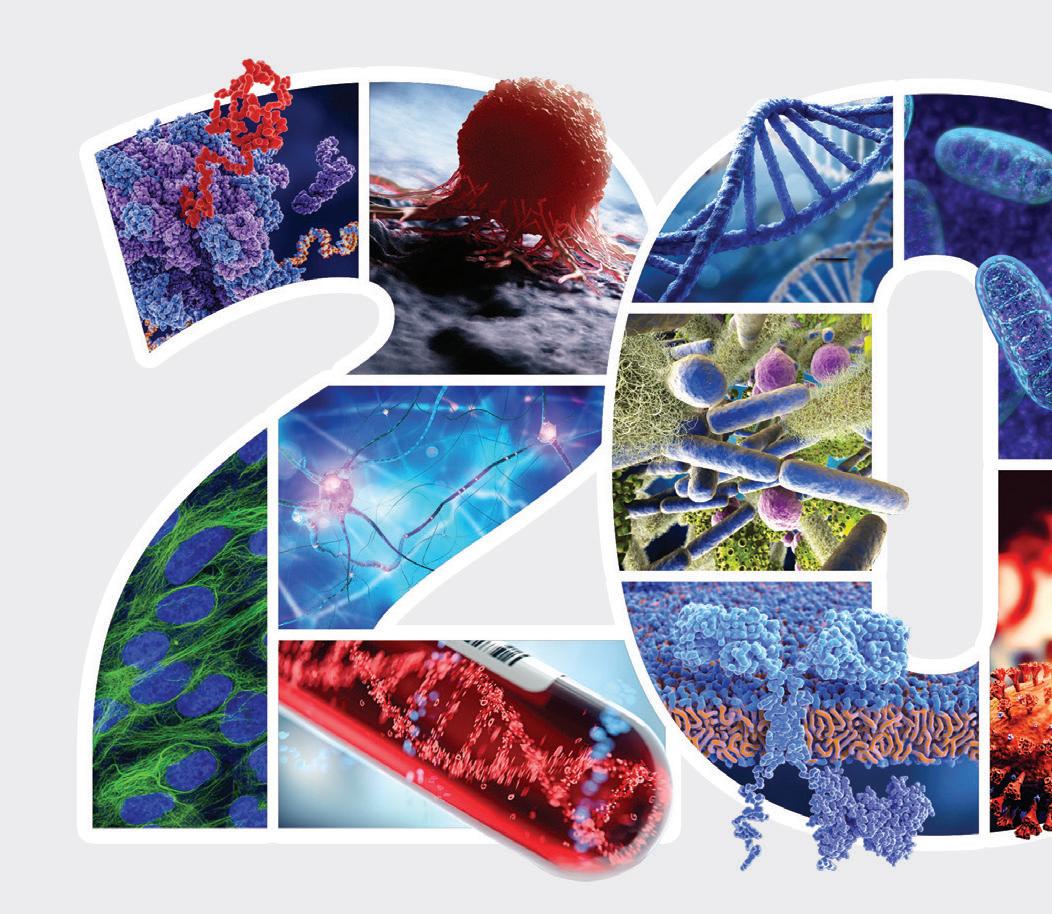
TGen scientists and doctors innovate daily in the areas of cancer research, metabolic and neurological-related diseases and rare childhood disorders. Their dedication to help patients and push the boundaries of biomedical research has made them leaders in precision medicine and allowed them to answer important questions in pursuit of achieving the right treatment for the right patient at the right time. Learn more at tgen.org.
When most Israeli soldiers get time off for weekends and holidays, they go home to their families or hang out with friends. Lone soldiers, on the other hand, have few such options.
Lone soldiers are members of the Israel Defense Forces (IDF) without immediate family in Israel, which can mean a new immigrant, a volunteer from abroad, an orphan or even an individual from a broken home. Those who hail from the United States, including Arizonans, rely on friends and family from home to call or send cards. Sometimes organizations fill in the gaps.
The Lone Soldier Project of the East Valley Jewish Community Center is one such organization.
This year, in time for Chanukah, the project is sending more than 1,000 Chanukah letters and messages to lone soldiers. It is the fifth year of the Chanukah greetings campaign.
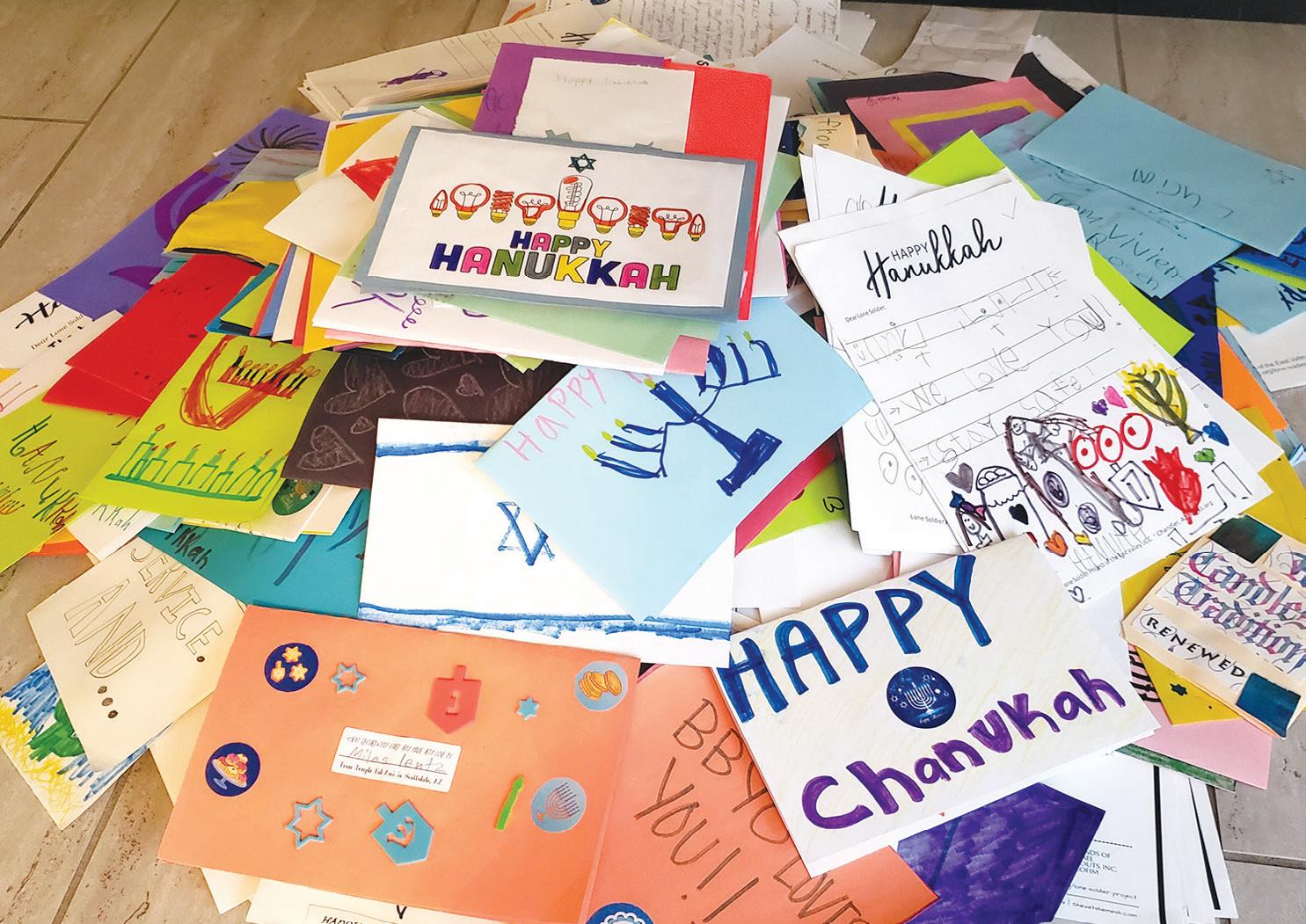
The campaign, organized by Lone Soldier Project coordinator Michael Cohen, expanded to sites in Tucson and Prescott this year, for a total of 30 locations across the state of Arizona and included letters from a religious school in Manchester, Connecticut, which participated
after hearing about the project.
Chris Stanford, a former Lone Soldier, said this type of message was very meaningful during his service.
“The most effective encouragement is best served at the most important times,” he said, via email. “During the holidays, when we are not with family, we feel the most left out. A gesture of thankfulness, however mundane, displays hospitality that makes the biggest difference in the hardest of times. The best of hope always comes in the smallest of ways and hope does not fail.”
Participating organizations included nine synagogue religious schools, four day schools, seven youth programs and 10 adult organizations.
Cohen tells letter writers that the cards they send let these young men and women who are serving in the IDF know that their service is important and for more than themselves.
“It is for Jews all over the world, for whom Israel is their homeland. This message will energize them to continue to keep Israel secure.”
Inspired by the sentiment, a student at Tucson Hebrew Academy wrote:
“Thank you for protecting the U.S. I am so happy you believe in yourself. You are amazing. I feel like you are going to win!”
An Israel Scout from Shevet Shemesh wrote:
“Happy Hanukkah, You are loved from all the Jews around the world. You are brave and you should be proud of yourself.”



A student at Congregation Beth Israel wrote: “Hope you like the choice you made to become a lone soldier. I hope you have a happy Hanukkah. Since you don’t get any presents, we made you these cards.”
A student at Pardes Jewish Day School wrote:
“I wish you a very Happy Chanukah. We are thinking about you. I really appreciate what you do for us. You are not alone. I know that sometimes it might feel that way but there are many people out there that are standing right by your side. Have a wonderful holiday.”
A student at Temple Chai wrote:
“I appreciate your courage because you decided to risk your life for a country that you may not have visited before. You are doing the right thing and I hope everything turns out right. I wish you the best of days.”
Hadar Hamu, a Lone Soldier veteran, confirmed that letters like these make all the difference when one is serving far from home.
“Support from the community, near and far, was very meaningful. It related a sense of home and deep warmth during my time in the IDF,” she said.
The greetings were sent to Lone Soldier Centers in Israel, which will distribute the letters to lone soldiers throughout the country.
Lone Soldier Centers organize communitybuilding events such as movie nights, pub nights, Shabbat meals and more in order to help lone soldiers not feel lonely and give them things to do rather than stay home and do laundry or cook for themselves.
In addition to the Chanukah greetings campaign, the Lone Soldier Project provides holiday meals and knitted hats to lone soldiers. JN
To learn more, visit evjcc.org/lone-soldier-project.



 ORA DAMELIN | HEYALMA VIA JTA
ORA DAMELIN | HEYALMA VIA JTA












Most of the women in the Bible fall into a few distinct categories. There are the wise wives and mothers like Sarah, Rebecca and Yocheved, required to make hard decisions to protect their children. Then there are the tragic romantic damsels, the ready-for-soap-opera players: Rachel, Leah and Bathsheba. Silent sufferers who survive humiliation, poverty and assault with grace — like Tamar, Ruth and Esther — are credited with saving Jewish continuity and tradition. But supporting figures who speak their minds, women like Miriam and Michal, often pay for their unruliness, their misdeeds defined in the eternal text as a warning for generations to come.

And then there’s Judith.
Most people learn about Judith in art history class from Artemisia Gentileschi’s iconic Baroque painting, “Judith Beheading Holofernes” (1620). I learned about her in day school as a third grader. I must have been 8 or 9; my teacher, probably Rabbi Gold or Gordon, went over the story of Chanukah for the

umpteenth time. Greeks, Maccabees, teensy weensy bottle of oil — I’d been there before. But then he started to add in new details: a tyrannical Greek general named Holofernes, the sort of military leader who never rides out into battle but still claims his legion’s body count as a personal victory. The scale of his wickedness is rivaled only by that of his security detail. Somebody needs to kill him (and take his army down with him), but nobody can get close enough.

Enter Judith. She sweet-talks her way into his tent, plies him with cheese and wine until he passes out, lops off his head and brings it back to the Jewish resistance on a pike.


I can pinpoint the exact moment my pre-adolescent heart short circuited.






















Growing up in a tight-knit Orthodox community and attending Jewish day school, I learned a lot of stories from Tanakh, the Hebrew bible. The ones I didn’t learn in school, I read on my own time whenever I ran out of children’s fiction. I quickly learned that the women in
these stories were not — could not be — like the outspoken warrior princesses of my favorite grade-school fantasy novels.
When Miriam dares to criticize Moses’ treatment of his wife, God infects her with a spiritual malady and she is forced outside of the camp, banished from the presence of God. Bathsheba does not play an active role in her relationship with King David: she neither protests when King David makes advances upon her, nor does she aid him in plotting to kill her husband. Ruth’s plan to save herself and her family from poverty hangs on the
involvement of a man. These are stories of women existing, manipulating the rules of, and suffering through, a man’s world. Either they live to support righteous men, or they need men to save them and act for them.
Judith is the exception.
In the storybook narrative fed to me as a child, she takes orders from no one but herself. She’s oddly detached from the male figures of the Chanukah story, the Hasmoneans. There is no male military









JUDITH CONTINUED FROM PAGE 19
leader behind her assignation mission. Judith doesn’t have a husband; she’s a widow who never remarries. Even better, while she gains Holofernes’ trust by seductive means, she never actively seduces him. Unlike Yael, the other woman in the Jewish tradition to slay a general, the Sages do not hypersexualize her in their commentary. She’s never married off to some righteous man as a reward or scolded by the midrashim for some mild infraction. She exists in her own right, independent of and unhindered by the men around her.
As an adult, I sought out Judith’s story at its source, “The Book of Judith.” In this version, Holofernes has besieged Judith’s city. Unable to watch his people die of thirst and starvation, the local leader, Uzziah, makes a public demand that God help them or he’ll surrender the city to their enemies. It is Judith who criticizes Uzziah for this dangerous ultimatum, and it is Judith, portrayed as devout yet practical, who refuses to wait for God or to let desperate men decide the fate of her city.

In her painting, Artemisia Gentileschi depicts a mixture of the two stories, the fairytale and the ancient text. On the canvas, Judith holds down Holofernes with the help of a handmaid. Neither woman is beautiful, and neither is the murder being committed. Judith slowly saws through the general’s neck, her eyes filled with fury and determination. There is nothing gentle or modest or even heroic about her. This is a woman doing what she believes she has to do; she does not shirk her responsibility, but she also does not revel in the bloody act. Nobody showed me that picture when I was 8. If they had, I would have known that Judith was more complex and more real than the sexy warrior princesses of my favorite novels.
Already, at age 8, the idea that my influence on my world was limited to my influence on the men around me, that I could never directly alter destiny by myself, was frightening. The quiet message that you cannot just be, but must become a wife




and mother, instead, followed me from my elementary school classroom into an ultra-Orthodox high school where I was taught that a woman’s role was to rule through whispers and hints, to lead only in the shadows, to speak through the men around whom her life revolves. One teacher told me that women were created in the image of God — but the version of God that did not perform open miracles, the God who preferred to let human beings believe they controlled the narrative.
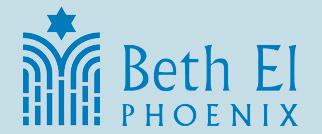
And yet, still, there was Judith. Judith who takes no orders, who invades a man’s tent and walks out with his head on her

JUDITH IS THE EXCEPTION.
pike. Judith who attacks alone, who is neither punished nor silenced. Judith, who alters the destiny of her people, my people, independently of her generation’s male heroes. Judith, who does the work of the God of open miracles, the God who splits the sea — the God who does not merely influence, but acts.
Every Chanukah since I learned her story, I do not just commemorate the victory of the small against the mighty, the miracle of a small bottle of oil lasting for eight nights. I celebrate the human miracle of a Jewish woman defined not by her marriage or children, but by her actions alone. And I pray that even in the ultra-Orthodox community of my youth, this may cease to be a miracle during my lifetime. JN

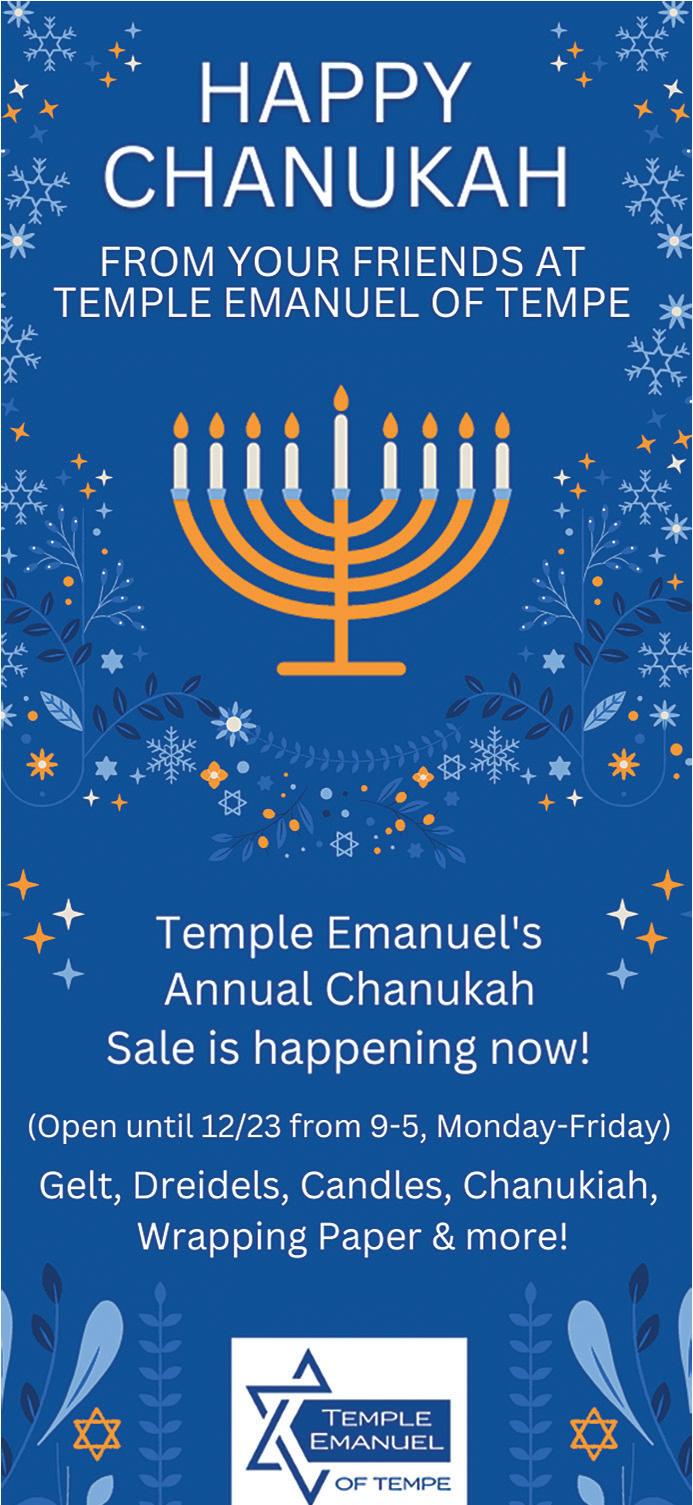

THESE ARE STORIES OF WOMEN EXISTING, MANIPULATING THE RULES OF, AND SUFFERING THROUGH, A MAN’S WORLD. EITHER THEY LIVE TO SUPPORT RIGHTEOUS MEN, OR THEY NEED MEN TO SAVE THEM AND ACT FOR THEM.
 FRANCINE COLES
FRANCINE COLES
These round objects are applesauce donut holes with caramel glaze and yes, you need to make them! They have a drippy and crunchy exterior with a tender and fluffy interior. Be still my heart!

The traditions of the Chanukah holiday include frying foods in oil and a traditional dessert for the holiday is sufganiyot or donuts. They check the “fried” box. I love baked donuts but this holiday demands that we get the fryer out. I don’t own a deep fryer so a deep pot will suffice!
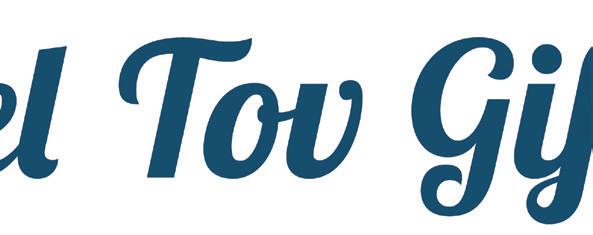
The flavor of these jumbo donut holes is sublime. Use applesauce to sweeten and moisten the batter and the addition of pumpkin pie spice says, “Hello, winter!” Once fried, they are dipped and coated with a caramel glaze. These treats will have you spinning faster than any ol’ dreidel!
For the donut holes:
2 ½ cups all-purpose flour
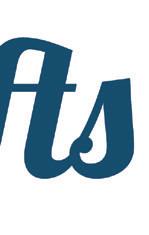
2 ½ teaspoons baking powder
1 ½ teaspoons pumpkin pie spice
¼ teaspoon salt

3 tablespoons unsalted butter, softened
½ cup white sugar
¼ cup brown sugar
2 eggs
1 cup unsweetened applesauce
1 teaspoon vanilla extract
¼ cup milk
Oil for frying
For the caramel glaze:
1 ¾ cups powdered sugar
¾ cups caramel sauce
2 tablespoons milk
Prepare the donuts by whisking the flour, baking powder, pumpkin pie spice and salt in a medium bowl. Set aside.
In a separate bowl, cream the butter and sugars together until fluffy. Add the eggs, one at a time, and beat until smooth. Beat in the applesauce and vanilla extract. Add in a third of the flour mixture, alternating with the milk, until all the ingredients are added and mix until just combined.
Heat 3-4 inches of oil in a deep, heavy-bottomed pot or deep fryer to 375°F. Drop batter, one tablespoon at a time, into the oil. Don’t overcrowd the pot, cook 4-5 maximum at a time. Fry until golden brown, flipping once halfway, 3 to 4 minutes. Pay attention to the temperature; you’ll want to adjust the heat level to keep it at 375°F. Remove the donuts from the oil with a slotted spoon and set on a paper towel-lined plate to cool. Continue until all of the donuts have been fried.
To make the glaze, combine the powdered sugar, caramel sauce and milk in a small bowl. Mix until smooth. You might have to add a bit more milk if the glaze is not thin enough to dip the donuts in. Dip the donuts in the glaze, turning to coat, and place on a wire rack set over a lined baking sheet. Allow the excess to drip off, let dry and serve.
Makes 40 donut holes. JN
Menorahs, candles, books, toys, paper goods, collector’s items, and so much more!

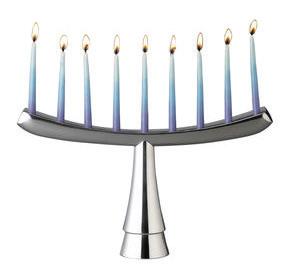








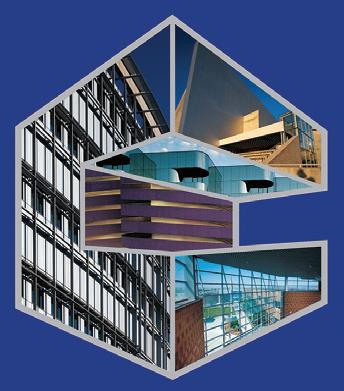
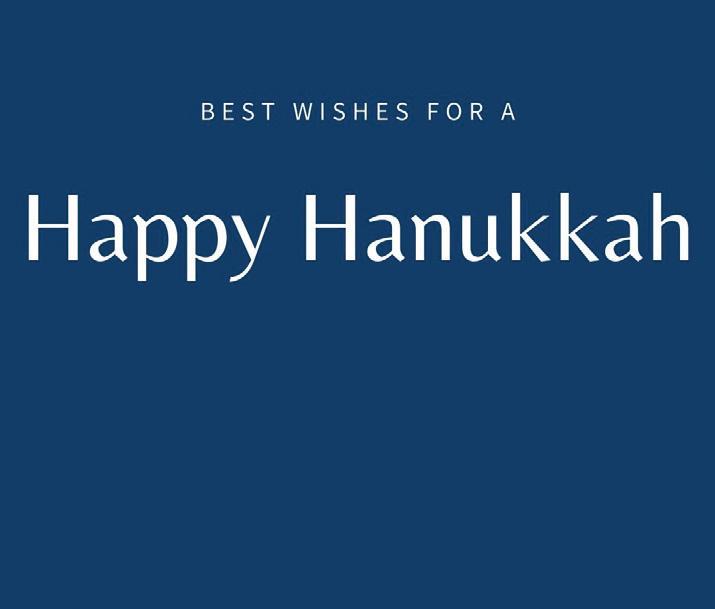

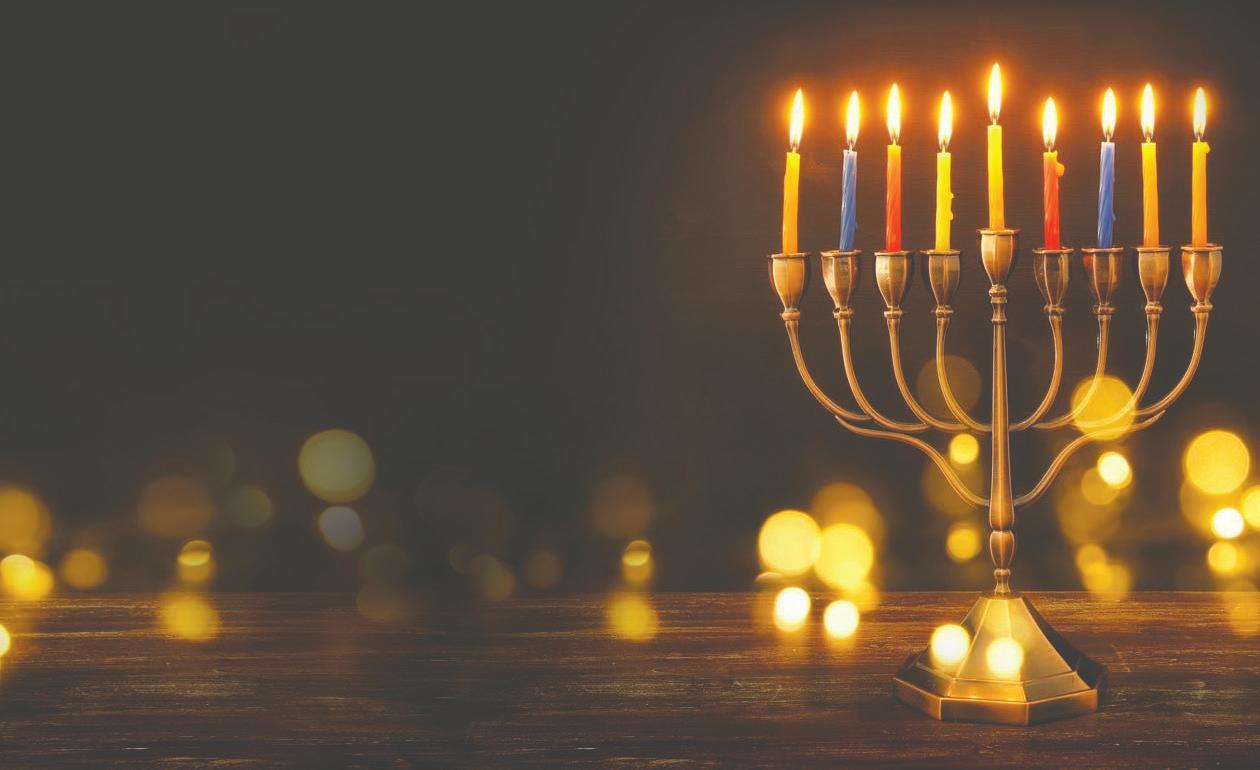
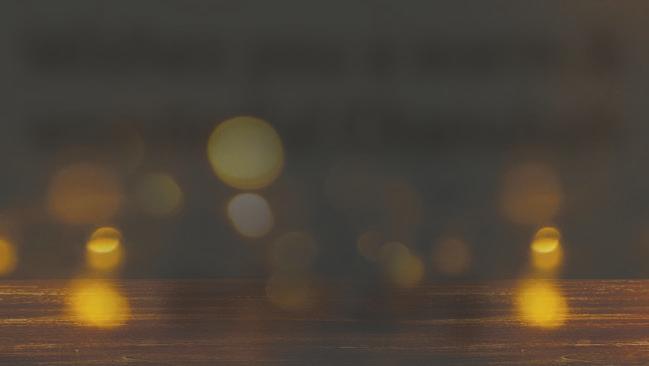













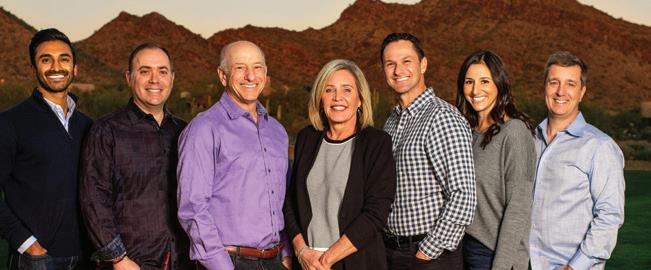






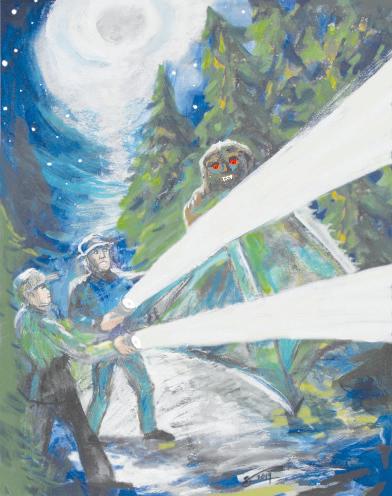


Buying a home is likely the largest purchase one may make in their lifetime. With a purchase involving hundreds of thousands of dollars, there are many hands involved in the transaction at both the micro and macro levels. On the micro level, one of the first steps for many home buyers is determining what type of financing is right for their needs. Well, similar to the micro level, on the macro level, lending institutions also have to determine available financing for borrowers.
There are various types of mortgage loans available that offer different incentives depending on the type of borrower and the borrower’s needs.
For example, an FHA loan caters to those that might lack sufficient credit or to those searching for lower down-payment options. While a conventional loan requires both a higher credit score and a higher down payment, the lower mortgage insurance costs make this loan appealing to the masses.
In an attempt to provide liquidity and affordability to the mortgage market, Congress created Fannie Mae and Freddie
Mac, government sponsored enterprises, which purchase mortgages from lenders then repackage them into mortgage-backed securities for investors. The Federal Housing Finance Agency (FHFA) dictates what the baseline loan limit is for conventional loans — loans that conform to these limits are
yourself how these macro decisions affect you. Spoiler alert, it trickles down to your buying power. As home values increase, borrowers need to be able to obtain loans for these increasing values, and preferably loans that are fairly accessible. Every year the FHFA updates its conforming loan limits
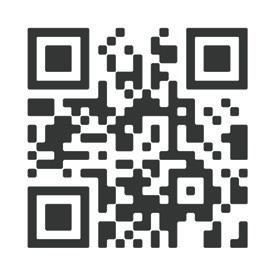

to state, but county to county, it makes it very difficult to come up with one standard limit. The FHFA created a baseline limit for typical housing markets and a high-cost limit for areas with exponentially higher home values, such as Los Angeles and Manhattan.

known as conforming loans. However, not all loans conform to these standards. Jumbo loans, loans used to purchase properties with steeper price tags, exceed the conforming limits and cannot be backed by government sponsored enterprises.
Jumbo loans typically have more stringent requirements for borrowers.
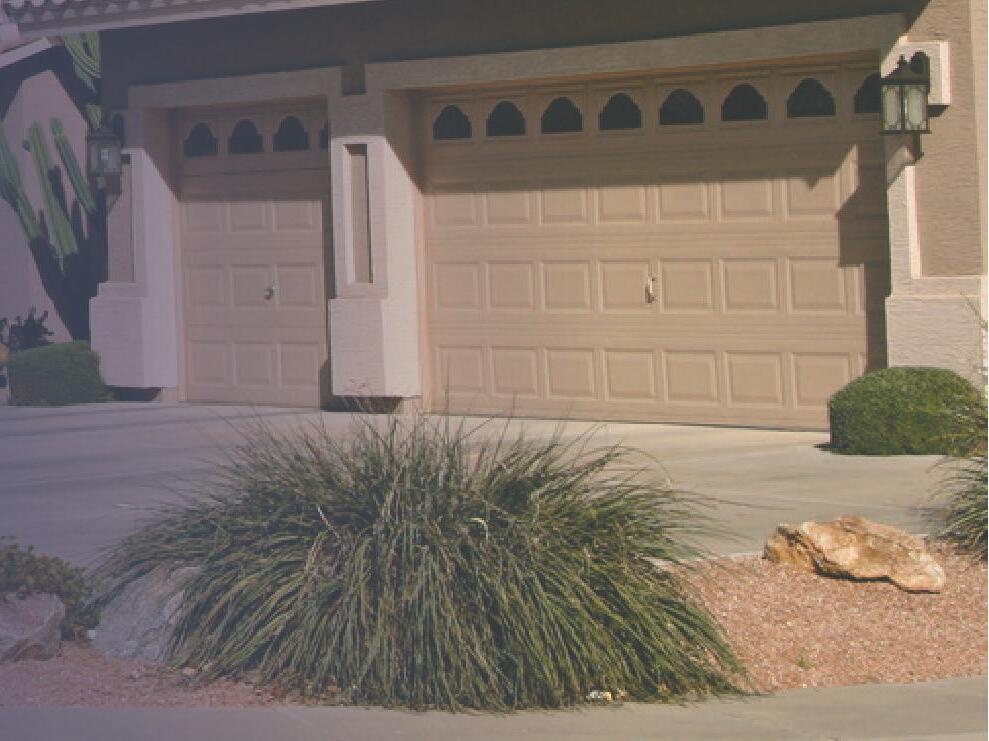


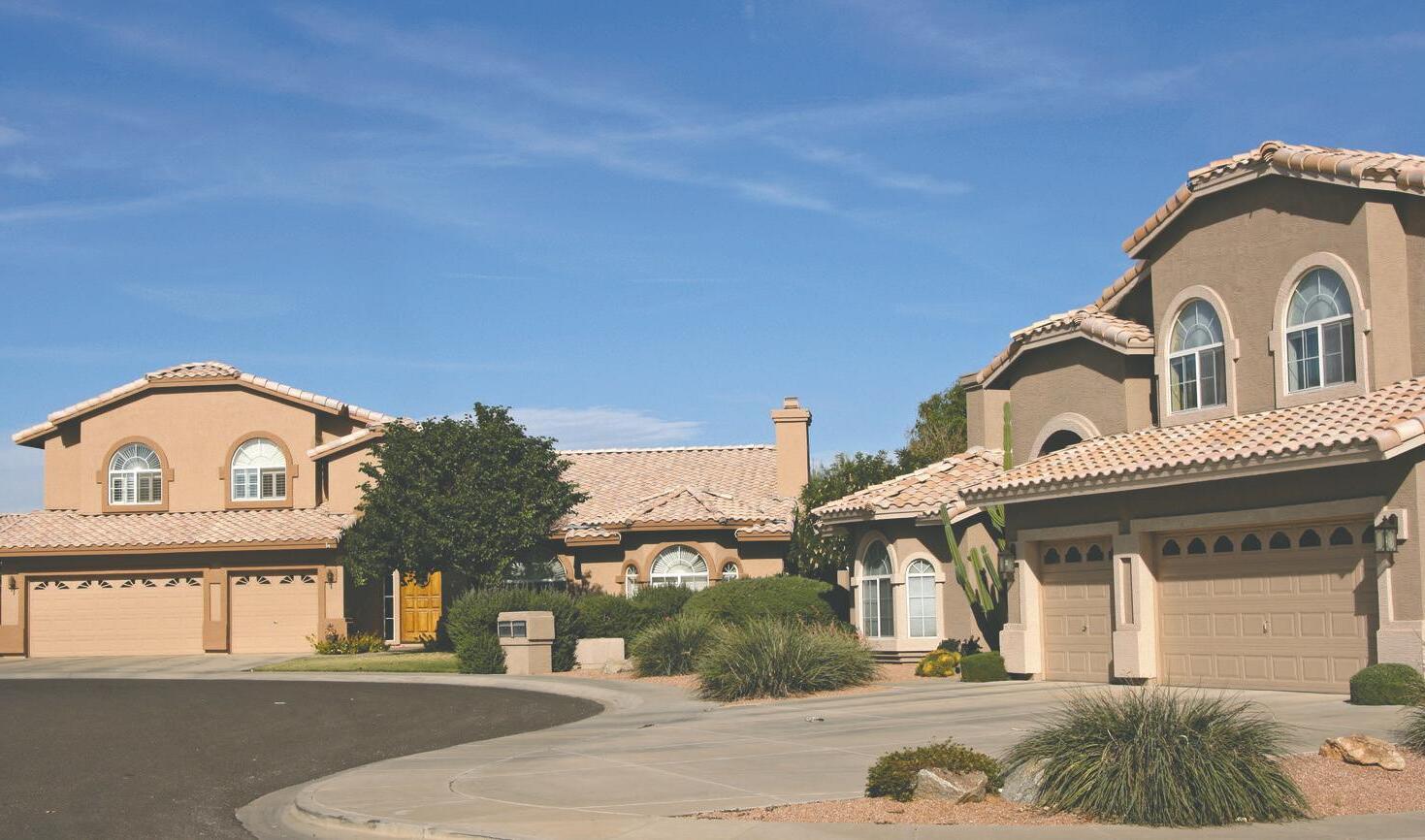
Now that we have a brief understanding of mortgage loans, you might be asking
(Source: fhfa.gov)
based off the Housing Price Index (HPI) report which tracks U.S. home values and trends over the previous year. According to the Federal Housing Finance Agency, in 2022, the loan limit increase was 18.05%. In 2023, we’ll be seeing a 12.21% increase. What this means is the conforming loan limits have increased to allow buyers a fighting chance in our growing market. Because home values not only vary state
Now buyers can enter 2023 with their newfound buying power. More buyers are able to take this macro move and apply it to their microenvironments. The additional allotment allows borrowers to reconsider loans that otherwise would have been their only option, and very likely not their best option. Borrowers can better weigh the cost and benefits of available loan options and make decisions that best fit their financial needs. These new loan limits are bridging the gap of affordability and are creating realistic pathways for borrowers in our rapidly evolving market. JN
Ophir Gross is a realtor with Coldwell Banker Realty and has a combined skillset of business strategy and consumer psychology. She is a member of NowGen Phoenix, attends Congregation Beth Tefillah and began her roots in the community at the Phoenix Hebrew Academy and, formerly, Jess Schwartz High School. She can be reached at ophir. gross@cbrealty.com or 480-794-0807.

 ROSIE ROMERO, JR.
ROSIE ROMERO, JR.


With the resale housing inventory on the downturn, many homeowners are opting to remodel their homes instead of moving. Remodeling your home allows you to create spaces unique to your home and lifestyle. To make your vison a reality, you need to hire the right contractor for the project. So, how do you do that?

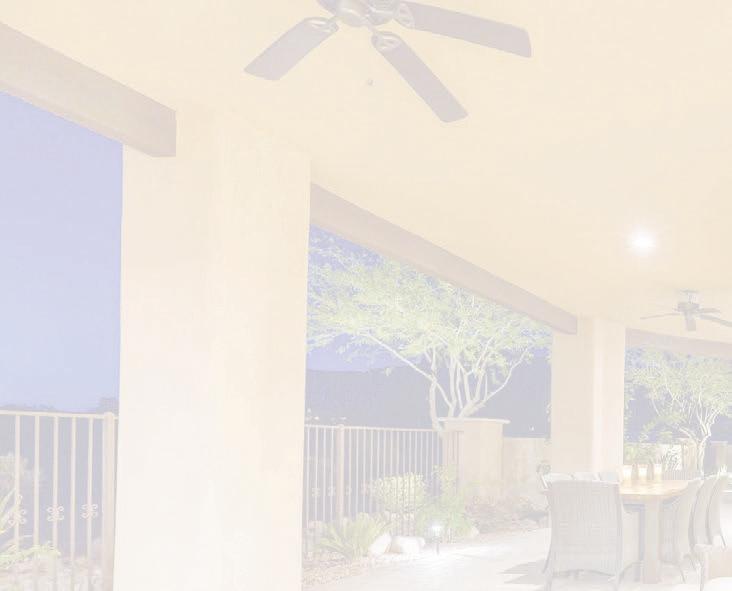
Step one: Vet companies thoroughly
When you are getting ready to have a contractor remodel your home, it is important to do your homework and vet companies thoroughly. Your home is one of the most expensive items you own, and home improvement can run in the thousands to hundreds of thousands of dollars. You want to make sure that the job will be done well, and you will be happy with the results. The worst thing you can do is to assume that a company will do a good job based solely on what you have heard in an advertisement or have seen on social media.
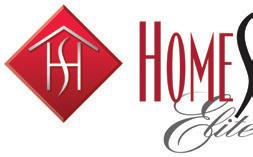
To get started:
It is wise to interview several contractors. To begin, choose only contractors who are licensed and bonded with the Arizona Registrar of Contractors (ROC). Not only is it smart to use a licensed contractor, it is important to note that contracting without a license is illegal in Arizona. Check to see that they have owned and operated their own business, under the same name, for at least five years or longer. This is an important step as new construction businesses suffer an 86% failure rate.
Search the ROC:
Take the license number for each company that you are considering and search for it on the ROC website to verify their status and see if they have had past issues under ROC “Find A Contractor” Search
Here’s what to look for on the ROC website:
• Verify that the license is in good standing, has not expired or been suspended and does not have complaints against it. Check that the bond is funded.
• Make sure the company is licensed in the category that you are hiring them to do work in.
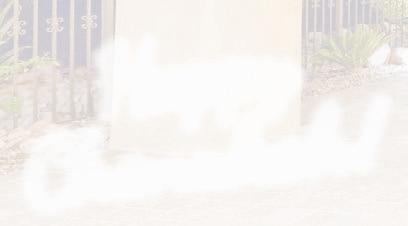
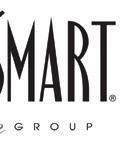
• Check the owner’s name listed on the site. Does it match the current owner of the company? If not, this could mean they are borrowing another company’s license. This can be a sign that a company is working under someone else’s license — find out why. It is illegal to work under another company or individual’s license.
• Run a search on the owner’s name. Do they own other companies? If they own other companies,
check them out as well.
• How much are they licensed and bonded for? Preferably, the amount is equal to the amount of work they do during the year. Take note of when their bond and insurance expire. Make sure that the license and insurance will be good for the duration of your project.
Schedule an appointment with each company that you are considering. Take note of everything! If this is a big project, you will be spending a lot of time with the people who work at the company in your home. Your relationship with the company will likely be a long one as you will want them to be around for any warranty issues.
• Are they friendly and polite? Are they dressed neatly? How are you greeted when you call the office?
• Are they timely? Did they call back when they said they would? Did they show up at your home on time? If they aren’t on time during the dating phase with an appointment, don’t expect them to be on time with an entire job! Timeliness is either important to them or it is not.
• Being on time is a good indication that they will be respectful of your schedule as well as committed, concentrated, and focused on getting a job done.
• Visit one of their job sites: Is it clean and organized? Are there piles of trash or litter? Is the job site generally picked up? Have they been respectful as to where they park?
• Visit their office for the same reasons. Is it clean and organized? Is the office a pick-up truck? That is okay, as long as it is tidy. If you see loose receipts and piles of fast-food wrappers heaped together, that is an indication that your paperwork won’t be respected either.
Step three: Dig deep
• Get a list of past and current customers for you to interview yourself. Ask why they hired the company and if they would do it again. Is the company doing a good job communicating with them, keeping the job in good order, and keeping their commitments? Are past clients happy with the finished product?
• Ask for a written schedule from start to finish. If the time frame you desire for the job is essential, then this will be one good tool for narrowing down your choice.
Step four: Dig a bit deeper
• Get a list of suppliers and subcontractors. Chances are that the name of one of them will show up on a couple of

contractor’s lists. Call that sub or supplier and tell them what you would like to get done. Without telling them who you are considering, ask who they would choose to work on their own house. If they don’t list one of your candidates, ask what they know about them. Suppliers and subcontractors are a great source of information!
What about the cost factor?
If you are shopping for the cheapest price, there is nothing I can say to help you choose a good contractor. Anyone can finagle a bid to come in at the lowest price. This can be very costly to the homeowner. The lowest bidder may be low because they have left something out of the bid, or they are new to the industry and underestimate the cost of running a company (this is a common cause of the 86% failure rate). Neither is an optimum scenario. The contractor will need to add change orders to compensate for what was forgotten on the estimate or they may run out of money before the job is complete.
• Once you have found a contractor that you can trust, based on the guidelines above, ask them for an estimate without telling them your budget. Many companies charge for the estimate. Don’t let that sway you from going further with them. Calculating an accurate bid for a project takes lots of time and thought. Once you are given the price, ask them what is covered and just as importantly, what is not covered.
• Ask the company what about their services sets them apart and makes their pricing worth the money. A remodeling/construction company that wants to provide a good experience for their customers will be on the job daily to meet and instruct the subcontractors, schedule weekly meetings to keep the homeowner informed, do the job right the first time and work hard at keeping the job neat and the home clean during the process. This kind of supervision costs, but is worth it for a well-run job. Taking the time to truly vet a contractor will pay big dividends in the end. So often people call and tell me that they chose the lowest bidder for a job. The story ends with the contractor walking off the job or providing sub-standard work. Very few reputable contractors want to be the finisher of an abandoned job as they are too hard to warranty. The moral of the story: Choose a reputable contractor! Your overall happiness with the job will make it worth it. JN
9 p.m.-1 a.m. The Duce, 525 S. Central Ave., Phoenix. NowGen’s annual event features live music, outdoor lounge, patio games, photo booth and more. Cost: $45 in advance; $50 at the door. For more information, visit phoenixcjp.org/mazel22.
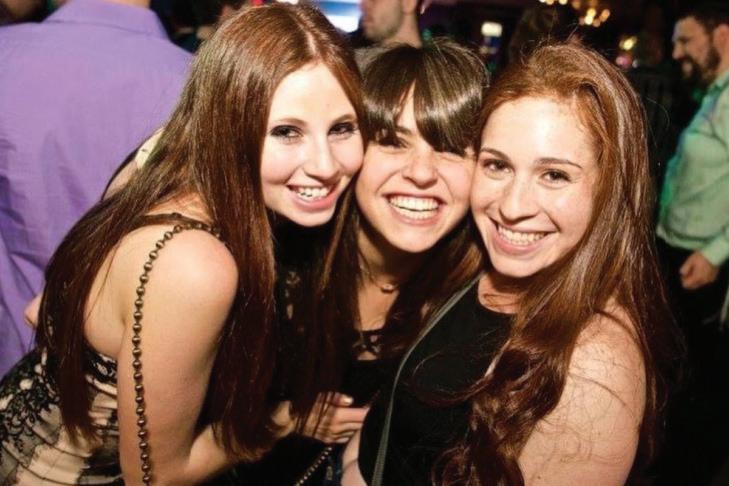
FRIDAY, DEC. 16
Celebrate Chanukah with Beth Ami Temple: 7:30 p.m. Gloria Christi Church, 3535 E. Lincoln Dr., Paradise Valley. Pray, sing and celebrate the beginning of the holiday season. Cost: Free. For more information, visit bethamitemple.org.
SATURDAY, DEC. 17
Phoenix Sings – Chanukah Sing-A-Long: 5:30-8 p.m. Arizona Jewish Historical Society, 122 E. Culver St., Phoenix. An interactive Chanukah concert fundraiser featuring the cantors and soloists of Congregation Beth Israel, Congregation Or Tzion, Temple Chai, Temple Kol Ami and Temple Solel. Proceeds benefit the Center for Jewish Philanthropy of Greater Phoenix’s Camp Scholarship Fund. Cost: $36 adults; $18 children 12 and under. For more information, visit azjhs.org/ hanukkah-concert.
SUNDAY, DEC. 18
Gesher Hanukkah Party in the Park: 1-3 p.m. Join Gesher Disability Resources for a Chanukah celebration. Cost: Free. For location and more information, contact info@gesherdr.org.

Chanukah Celebration: 4:30 p.m. Chabad of Fountain Hills, 16830 E. Ave. of the Fountains, Fountain Hills. Menorah lighting, latkes, doughnuts, crafts for kids, gelt, dreidels and free raffle. Cost: Free. For more information, visit jewishfountainhills.com.
Chanukah Family Celebration: 4:30 p.m. In front of Osbourne Jewelers, 15350 W. McDowell Road, Goodyear. Menorah lighting, live entertainment, gifts for the kids, latkes and donuts. Cost: Free. For more information, visit jewishgoodyear.com.
Chanukah on the Lawn: 4:30 p.m. Biltmore Fashion Park, center lawn, 2502 E. Camelback Road, Phoenix. Join Chabad of Phoenix for menorah lighting, crafts, latkes, gelt, a magic show and more. Cost: Free. For more information, visit chabadaz.com/lawn.
Chanukah at the Scottsdale Quarter: 4:45 p.m. Scottsdale Quarter, 15279 N. Scottsdale Road, Scottsdale. Live entertainment, Chanukah treats and giant menorah lighting. Cost: Free. For more information, visit chabadofscottsdale.org.
Chanukah at Hance: 5:30 p.m. Margaret T. Hance Park, 67 W. Culver St., Phoenix. Music, balloon artist, latkes, doughnuts, crafts for kids, lighting of a giant menorah and greeting from Mayor Kate Gallego. Cost: Free. For more information, visit jewishdowntownphoenix.com.
Hanukkah Game Night: 5:45 p.m. Beth El Phoenix, 1118 W. Glendale Ave., Phoenix. Lighting ceremony, latke bar, games and more. For more information, visit tinyurl.com/bec-hanukkah.
Community Hanukkah Party: 6 p.m. Temple Beth Sholom of the East Valley, 3400 N. Dobson Road, Chandler. Bring your menorah to light with others
and enjoy light snakcs and latkes. Cost: Free. For more information, visit tbsev.org.
SUNDAY, DEC. 18-25
Chanukah in Carefree: 5:30 p.m. Sanderson Lincoln Pavilion, 101 Easy St., Carefree. Nightly menorah lighting led by a different community group or family each night of Chanukah. Gift bags will be available for children every evening as well as chocolate gelt for all. Live streaming also available. For more information, visit carefree.org/ holidays-in-carefree.
MONDAY, DEC. 19
Menorah Lighting: 5:30-7:30 p.m. 6th Street Park, 24 E. 6th St, Tempe. Enjoy downtown Tempe’s first annual menorah lighting ceremony and a local Kosher food truck. For more information, visit downtowntempe.com/events/menorah-lighting.
Grand Outdoor Menorah Lighting: 6 p.m. City North at High Street, 5415 E. High St., Phoenix. Family entertainment, latkes, donuts, balloons, menorah lighting and chocolate gelt drop. Cost: Free. For more information, visit ourjewishcenter.com.
Hanukkah Party at The New Shul: 6:15-7:45 p.m. The New Shul, 7825 E. Paradise Lane, Scottsdale. All families and all ages welcome. Registration closes on Dec. 16. For more information, or if you can volunteer to help, contact Jolene Kuty at kutychiropractic@yahoo.com.
The Klezmatics: Happy Joyous Hanukkah: 7 p.m. Musical Instrument Museum, 4725 E. Mayo Blvd., Phoenix. The Klezmatics will be presenting a celebration of Hanukkah, combining their Jewish roots and Woody Guthrie’s lyrics. Cost: $44.50-$49.50. For more information, visit mim.org/events/the-klezmatics.
WEDNESDAY, DEC. 21
Chanukah at Westgate: 6 p.m. Westgate Entertainment District, 6770 N. Sunrise Blvd., Glendale. Western show, balloon menorah, crafts for children, donuts, latkes, light show and entertainment. Cost: Free. For more information, visit ichabad.org.
THURSDAY, DEC. 22
Young Family Hanukkah Party: 5-6:30 p.m. Beth El Congregation, 1118 W. Glendale Ave., Phoenix. PJ Library and Beth El Phoenix will have crafts, songs, latkes and more. For more information or to register, visit tinyurl.com/ pjhanukkahbethel.
Family Chanukah Concert with 8th Day: 6-9 p.m. Pollack Cinemas, 1825 E. Elliot Road, Tempe. 8th Day, co-founded by brothers Shmuel and Bentzi Marcus, is coming to Arizona for the first time to play a Chanukah concert. Cost: $25-$180. For more information, visit chabadcenter.com.
FRIDAY, DEC. 23
Brisket and Latke Hanukkah Dinner: 6:15-8 p.m. Temple Solel, 6805 E. McDonald Dr., Paradise Valley. Celebrate Hanukkah as a community with
and salad catered by Culinary by Julie. Bring your chanukiah to light with the community. For more information, visit templesolel.org.
SATURDAY, DEC. 24
Dreidel Night: 7-9 p.m. Chabad of Fountain Hills, 16830 E. Ave of the Fountains, Fountain Hills. Dreidel tournament, kosher Chinese food, menorah lighting and prizes. Cost: $18/person suggested donation. For more information, visit jewishfountainhills.com/dreidel.
Chanukah Game Night: 7:30 p.m. Chabad of Scottsdale, 10215 N. Scottsdale Road, Scottsdale. Menorah lighting, gelt, dairy buffet, games and more. Cost: $32 adults; $22 children; discount if purchased before Dec. 20. For more information, visit chabadofscottsdale.org/ chanukahcelebration.
SUNDAY, JAN. 8
‘Barker’s Market’ Pet Festival: 11 a.m.-2 p.m. The Thumb, 9393 E. Bell Road, Scottsdale.
Local vendors showcasing pet products and services. Friendly dogs welcome. The Thumb will sell special “Barkuterie Boards” on Frisbees for dogs. There will also be dogs available for adoption through P.A.W.S (Pound Animals Worth Saving). Cost: Free. Formore information, visit ththumb.com.
SUNDAY, JAN. 22
Jewish Speed Dating Event: 1-3:30 p.m. Kitchen 18, 10211 N. Scottsdale Road, Scottsdale. An event for adults age 50-65. Cost: $25; includes food and one non-alcoholic beverage. RSVP at jewishspeeddatingaz@gmail.com.

SUNDAYS
B.A.G.E.L.S: 9-11 a.m; last Sunday of the month. Valley of the Sun Jewish Community Center, 12701 N. Scottsdale Road, Scottsdale. Grab a bagel and a cup of coffee at Bagels And Gabbing Every Last Sunday and enjoy some time with your friends and make new ones. You must register to attend. Bagels and coffee will be provided. Cost: Free for members, $5 for guests. For more information and to register, visit vosjcc. org.
MONDAYS
Mahjong: 10 a.m.-12:30 p.m. East Valley Jewish Community Center, 908 N. Alma School Road, Chandler. Come play Mahjong each week. For experienced players only. Free; registration required at evjcc.org/mahjong.
THURSDAYS
Storytime at Modern Milk: 9:30 a.m. Modern Milk, 13802 N. Scottsdale Road, #163, Scottsdale. Storytime for babies, toddlers and preschoolers. Integrates children’s books and songs while giving parents new ideas for play. Cost: $5. For more information and to register, visit modernmilk.com/after-baby. JN
January 6
From home health aides to financial planners, independent living facilities to nursing homes, this is the perfect venue to showcase how your business can help older Jewish residents navigate retirement.
January
Stu and Nancy Siefer hosted a jazz brunch on Sunday, Nov. 20, at the Arizona Jewish Historical Society to celebrate Stu’s 80th birthday. He has lived in Tempe for more than 50 years.
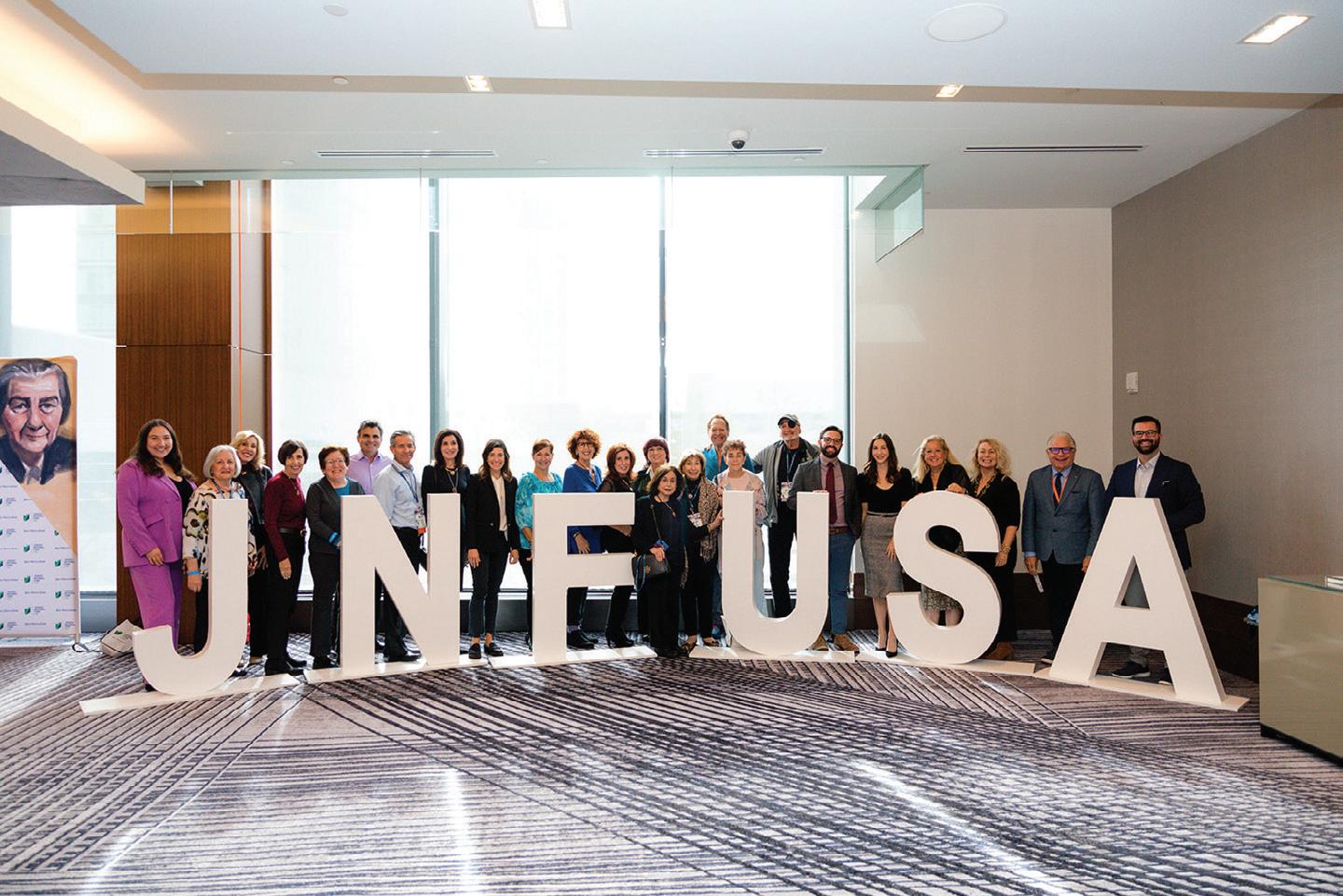
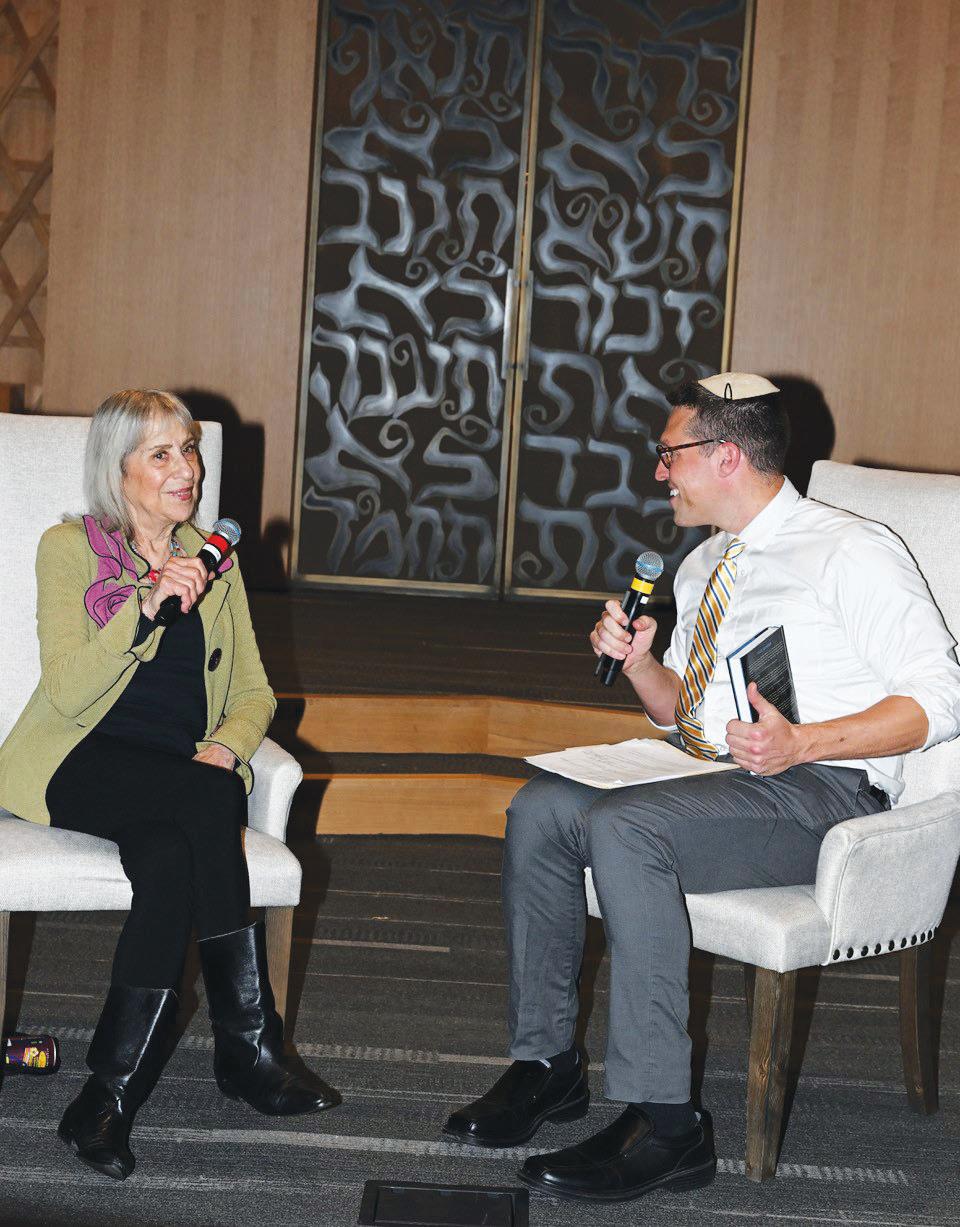


Beth El Congregation and its Talmud Torah Hebrew School families collected roughly 50 Thanksgiving meals, including turkey and all the traditional side dishes, and donated them to families in need for the holiday. Meals were split between Valencia Newcomer School and Vista Colina Emergency Family Shelter (CASS).
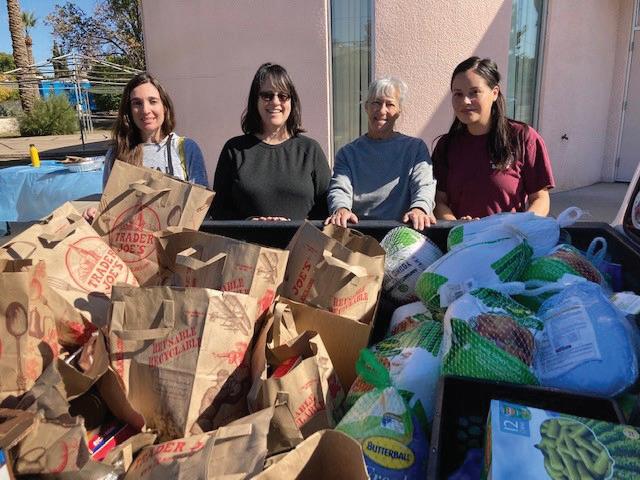
Elaine is survived by daughters Marilyn Colick (Gary), Nancy Silverman (Russell) and Carole Aronchick (David); and five grandchildren. Services were held at Mt. Sinai Cemetery on Nov. 30, 2022, officiated by Rabbi Sadie Becker and arranged by Sinai Mortuary of Arizona. Donations in her name can be made to Congregation Tifereth Israel, c/o Mt. Carmel Cemetery, 3219 Sheridan Blvd., Lincoln, Neb., 68502. JN
SHARE YOUR ENGAGEMENT, WEDDING, BIRTH, BAR/BAT-MITZVAH ANNOUNCEMENT AND ANY OTHER SIMCHA ON BOTH JEWISHAZ.COM AND THE WEEKLY JEWISH NEWS ... FOR FREE JEWISHAZ.COM

Elaine Sarko died peacefully in her sleep on Dec. 2, 2022. She celebrated her 88th birthday July 29, 2022, in Palm Desert, California, where she relocated a year earlier to be closer to family.
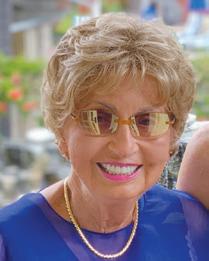
Born and raised in Detroit, Michigan, she married Emanuel Sarko at the age of 18 and they spent 55 years together before his passing in 2007. In 1978, they moved to Scottsdale, where they established a beautiful home and lived there for over 40 years.
While we will miss her terribly, we are grateful for the amazing life that she had.
In addition to being a devoted wife and mother, Elaine had two successful careers in real estate and fashion. In addition, she was president of Haddasah in Michigan and volunteered for many philanthropic causes.
Mom loved people, especially her many dear friends. She was a master bridge player and avid viewer of the news. Above all, mom adored her family and was so proud to be a great grandmother. Elaine was predeceased by her son, Albert Sarko. She is survived by her daughter, Suzen Sarko; her grandsons Brandon and Stephen Ravet; her daughter-in-law, Sigi Ravet; her great-grandson, Shiloh; and family dogs Stella, Sophie and Sami.
Mom, we will forever hold you in our hearts. Now, enjoy reuniting with dad and Albert. May they enjoy the Jell-o mold I’m sure you brought with you.
Long time Phoenix resident and businessman, Jerry Weiss, passed away surrounded by his loving family on Nov. 27, 2022.

Jerry was born in Cleveland, Ohio, on May 25,1937. He attended Shaker Heights High School and was a graduate of Miami University in Ohio. He and his wife, Elaine (Kelman), arrived in Phoenix in 1960, as a young married couple with an infant in tow. Jerry, along with his cousin, opened a muffler shop on 16th St. and McDowell Road. A year later they opened their first car wash on 30th St. and Van Buren. Soon, his brother and another cousin joined forces and thus Weiss Guys Car Wash was born. At one point, they had 19 locations throughout the Valley.
The business was successful, in no small part, due to Jerry’s ability to “schmooze” and make customers feel like friends. He was always outside making sure his customers and employees were happy. He worked with local organizations hiring individuals with special needs.
He loved meeting new people, offering them a Werther’s candy as part of his greeting. He was soon given the nickname of “The Candyman.”
Jerry and Elaine traveled extensively. They made many trips to South Africa. The last one being a month-long stay in August to celebrate their 64th wedding anniversary. His contributions were instrumental in establishing a preschool in that country.
Jerry gave extensively to the local community, as well as in Colorado. As was his nature, he gave humbly and with humility. Jerry always gave back to those less fortunate than himself and treated everyone as an equal regardless of their position or status. His greatest pleasure however was by far his family. He took great pride in his wife, children, grandchildren and great grandchildren. Jerry is survived by his wife, Elaine; daughters Marla Mayer (Andrew), Sherri Silver (Robert) and Amy Haber (Howard); sister, Wendy Weinberg of Palm Springs, California; brother, Howard Weiss (Sharyn); grandchildren Erica Jerido (Justice), Ali Loev (Brian), Aaron Silver (Katie), Brad Silver (Amanda), Leah Silver, Harrison Haber, Max Haber and Lola Haber; and greatgrandchildren Avery, Brooks and Hudson.
Donations in Jerry’s name can be made to: Hospice of the Valley (hov.org), Temple Solel (templesolel.org), Beth El Congregation (bethelphoenix.com), Aspen Jewish Congregation (aspenjewish.org) and African Preschools Society (africanpreschools.org).

Alfred “Al” Sachs passed away on Nov. 27, 2022, at the age of 91.
He had a passion for life and was adored by friends and family for his infectious personality, sense of humor, kindness and empathy.
Al was born in Wilks-Barre, Pennsylvania and attended Indiana University. He met his wife, Fran, at the age of 15 and they were married for close to 72 years, creating a family of over 40 people spanning four generations.
Al began his professional career in the life insurance industry, after which he and Fran established and grew the highly successful State of Indiana Weight Watchers franchise.
He moved from Indianapolis to Arizona in 1981, where he was a fixture in the Jewish community. Al supported organizations across Greater Phoenix and made substantial charitable contributions to causes small and large, both locally and nationally. His philanthropy impacted the lives of thousands of people.
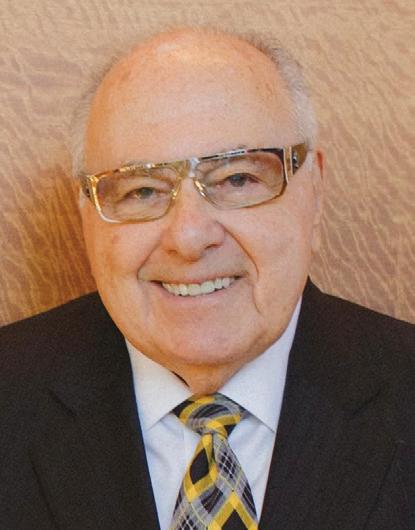
Al was a dedicated, passionate and loving husband, father, grandfather and great-grandfather. He was an avid reader and sports fan, specifically Indiana University basketball. He enjoyed his annual cruises, weekly lunches with his friends, watching movies and spending time at home with his family.
Al will be dearly missed, but the love that he shared and the lives that he touched ensures that he will never be forgotten.
Al was predeceased by his son, Nate. He is survived by his wife, Fran; his three children Gary, Stacey and Lisa; daughters-in-law Dale and Adele; sonin-law, David;13 grandchildren and 14 great-grandchildren.
Paul Staman, 102, passed away on Nov. 30, 2022. Paul was born in Aliquippa, Pennsylvania, the son of Max and Lillian (Serbin) Staman. He graduated from the University of Pittsburgh in 1941. Paul entered the Army as a private in March of 1942 and rose to the rank of captain. Paul’s father fell ill and his doctors recommended that he move to Phoenix for the dry climate. His parents sold their family business and home and purchased a new home in Phoenix. Unfortunately, Paul’s father died before they moved to Phoenix. Having already committed to move, Paul, his mother and his sister moved to Phoenix in 1946.
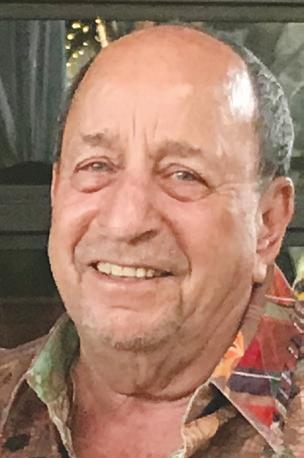
In June of 1950, Paul met the love of his life, Pauline. After a whirlwind courtship with Pauline, who was living with her aunt in Los Angeles, they married at Temple Beth Israel in October 1950. During their many years in Phoenix, Paul and Pauline were members of Temple Beth Israel, Beth El Congregation and Temple Chai.
Paul received his contractor’s license in 1950. Paul built many award-winning projects, custom homes and apartments throughout the Valley. He was active in his community, serving as president of the Home Builders Association of Central Arizona in 1975, as well as on the board of Kivel Campus of Care and Temple Beth Israel.
Paul is survived by Pauline, his beloved wife of 72 years; his children Marc Staman (Susan Getz), Cynthia Kleiman (Jeff) and Barbara Staman Wolff (Tom); and his grandchildren Josh Staman, Rachel Staman, Cheryl Kleiman (Blake McLaren), Michael Kleiman (Karli Watland), Ilana Wolff (Byron Olson) and Joe Wolff. Paul was predeceased by his sister, Belle Staman Starsmann. Donations in his memory may be made to Temple Chai, 4645 E. Maryland Road, Phoenix, Ariz. 85032, templechai.com or Hospice of the Valley, 1510 E. Flower St., Phoenix, Ariz. 85014, hov.org.
40-CLASS SERIES: Pearls of Jewish Wisdom on Living with Kindness
The
Letters from Chanukahs and Purims Past: The Establishment of “Minor” Holidays and JudeaDiaspora Relations
Rabbi David Wolpe
Get real! Can psychedelics be healing?
Rabbi Dr. Aaron Cherrick


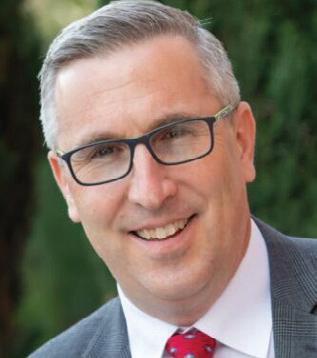
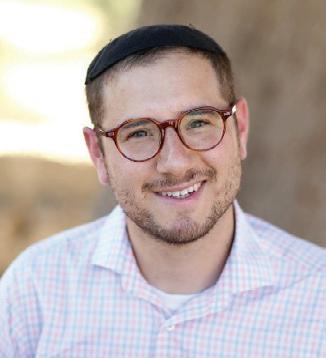
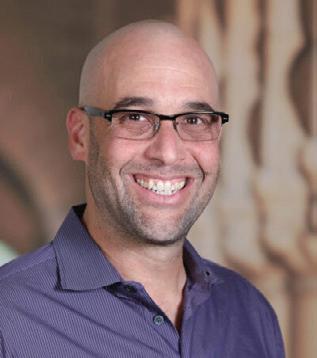

Thursday, Feb. 2, 2023 @ 11:00 am MT
Agreeable Jews, Dead Jews, and the Challenge of Diversity
Dara Horn In partnership with CBI & Scottsdale Arts
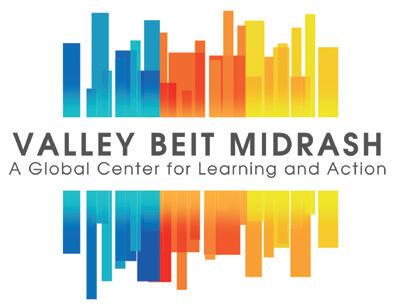
Antisemitism in Admissions in Higher Education


Professor Ari Kelman
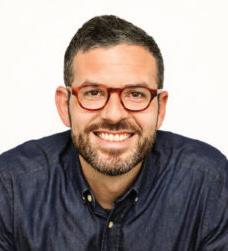
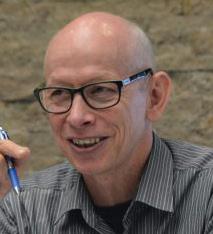


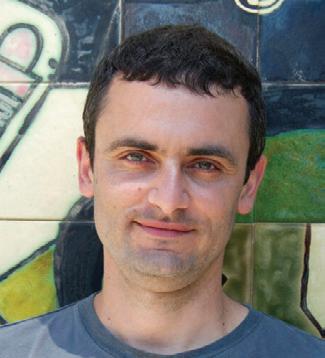

Inside the Mind of God: Plato, Christians, and Jews
Rabbi Dr. Joshua Garroway
Thursday, Apr. 27, 2023 @ 1:00 pm PT
Dr. Jonnie Schnytzer
The Maternal Divine
Deena Arano
Thursday, Feb. 9, 2023 @ 1:00 pm MT
Jewish Bulgaria: A Virtual Sephardic Journey
Dr. Jonnie Schnytzer
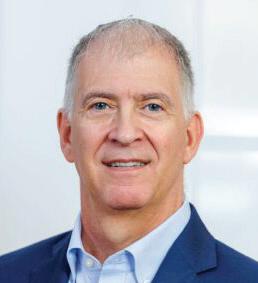

Thursday, Mar. 23, 2023 @ 10:00 am PT
Rav Kook’s Universalism
Rabbi Bezalel Naor
Thursday, May 4, 2023 @ 1:00 pm PT
Women’s Resilience and Survival in the Holocaust
Professor Bjorn Krondorfer
What If: Faith for Non-Believers and Other Ways Of Rethinking Emunah

Rabbi Dr. Mira Neshama Weil

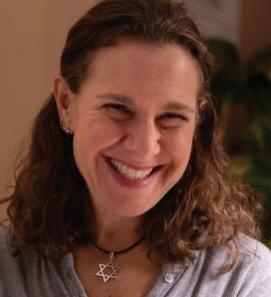
Thursday, Feb. 16, 2023 @ 10:00 am MT
Activating the Soul! Lighting a Fire Within!
Rabbi Avi Weiss
Thursday, Mar. 9, 2023 @ 1:00 pm MT
and Jewish
Rabbi Adina Lewittes

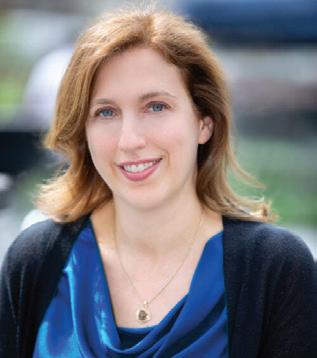
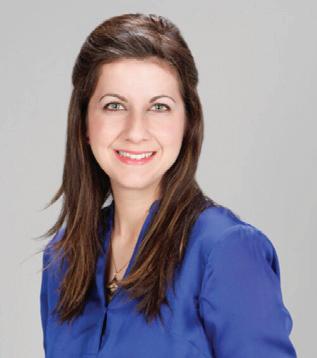
Thursday, Mar. 30, 2023 @ 1:00 pm PT
Speaking Truth to Power
Dr. Russ Linden
Tuesday, May 11, 2023 @ 1:00 pm PT
The Secret War Against Hate: American Resistance to Anti-Semitism and White Supremacy After 1945
VIRTUAL & IN-PERSON IN PHOENIX




This Book is On Fire
Rabbi David Kasher
Wednesday, Feb. 1, 2023 @ 7:00 pm MT
VIRTUAL & IN-PERSON IN DENVER Pharaoh Never Died
Rabbi David Kasher
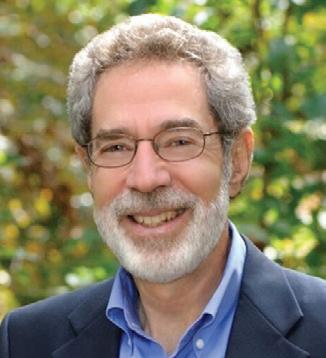
Thursday, Feb. 2, 2023 @ 7:00 pm MT
Was the Holocaust a Divine Punishment?
Rabbi Nathan Lopes Cardozo
Thursday, Feb. 23, 2023 @ 10:00 am MT
40-CLASS SERIES 40 Great Philosophers & what they mean for Judaism!
Rabbi Dr. Shmuly Yanklowitz
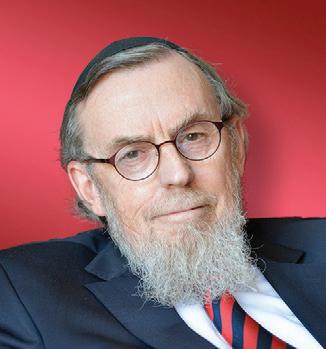

Beginning Mar. 14, 2023 Tuesdays @ 10:00 am PT
“Repairing the World” (Tikkun Olam): Radical Justice or Conscientious Consequentialism?

Rabbi Will Friedman
Thursday, Apr. 20, 2023 @ 1:00 pm PT
ZEICHICK FAMILY LECTURE: Zionism and the Challenge of Power

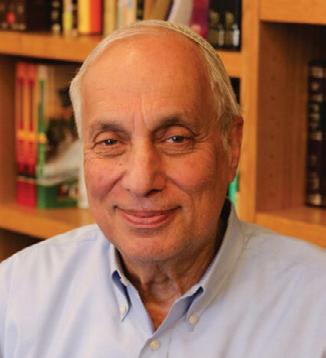
Rabbi Dr. Donniel Hartman
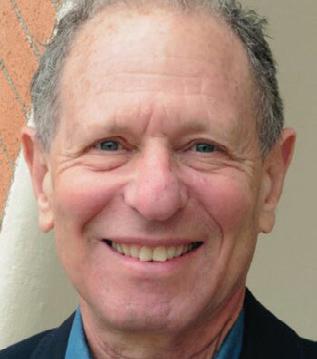
Friday, May 14, 2023 @ 7:00 pm PT IN-PERSON AND VIRTUAL
Ruach Hamidbar